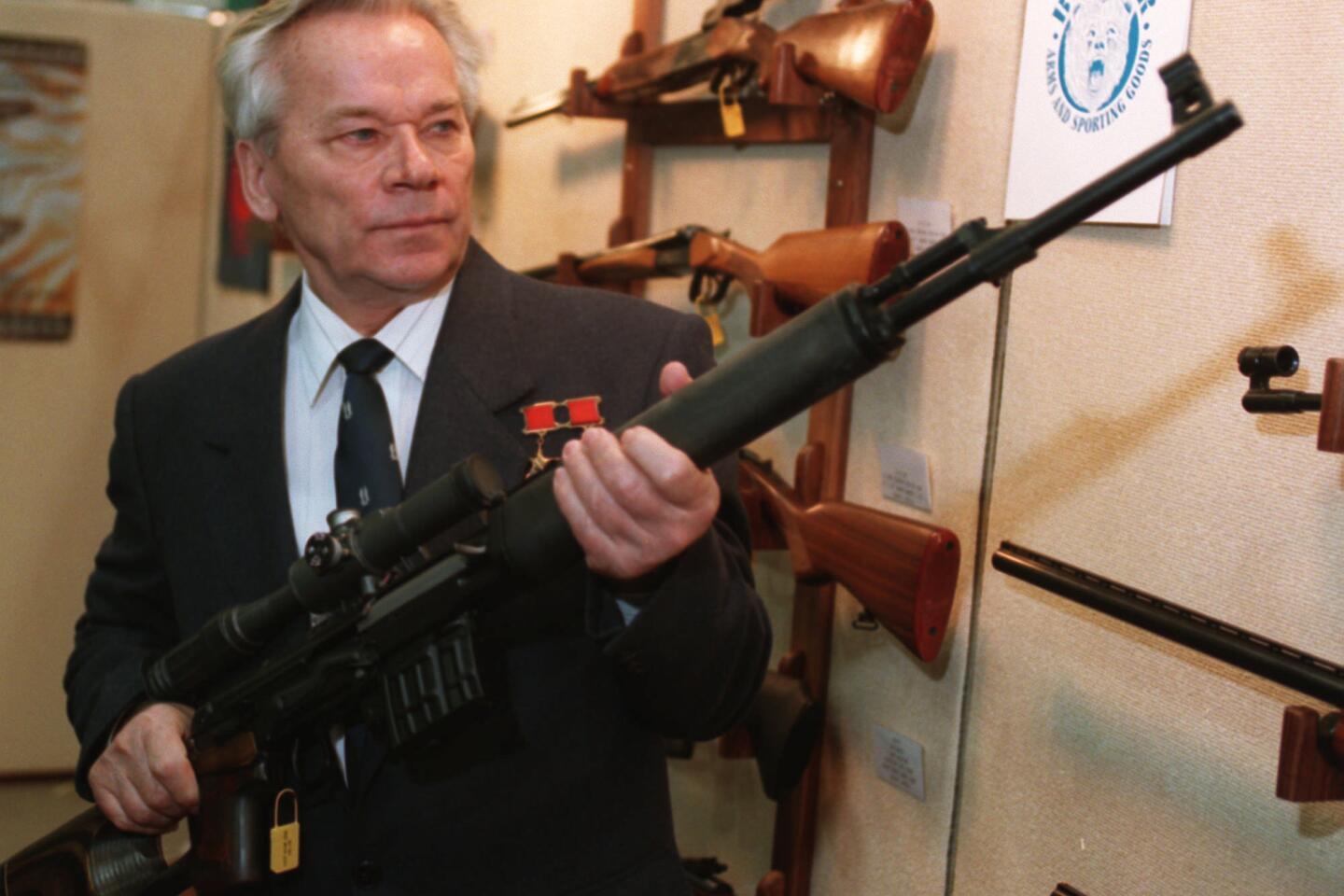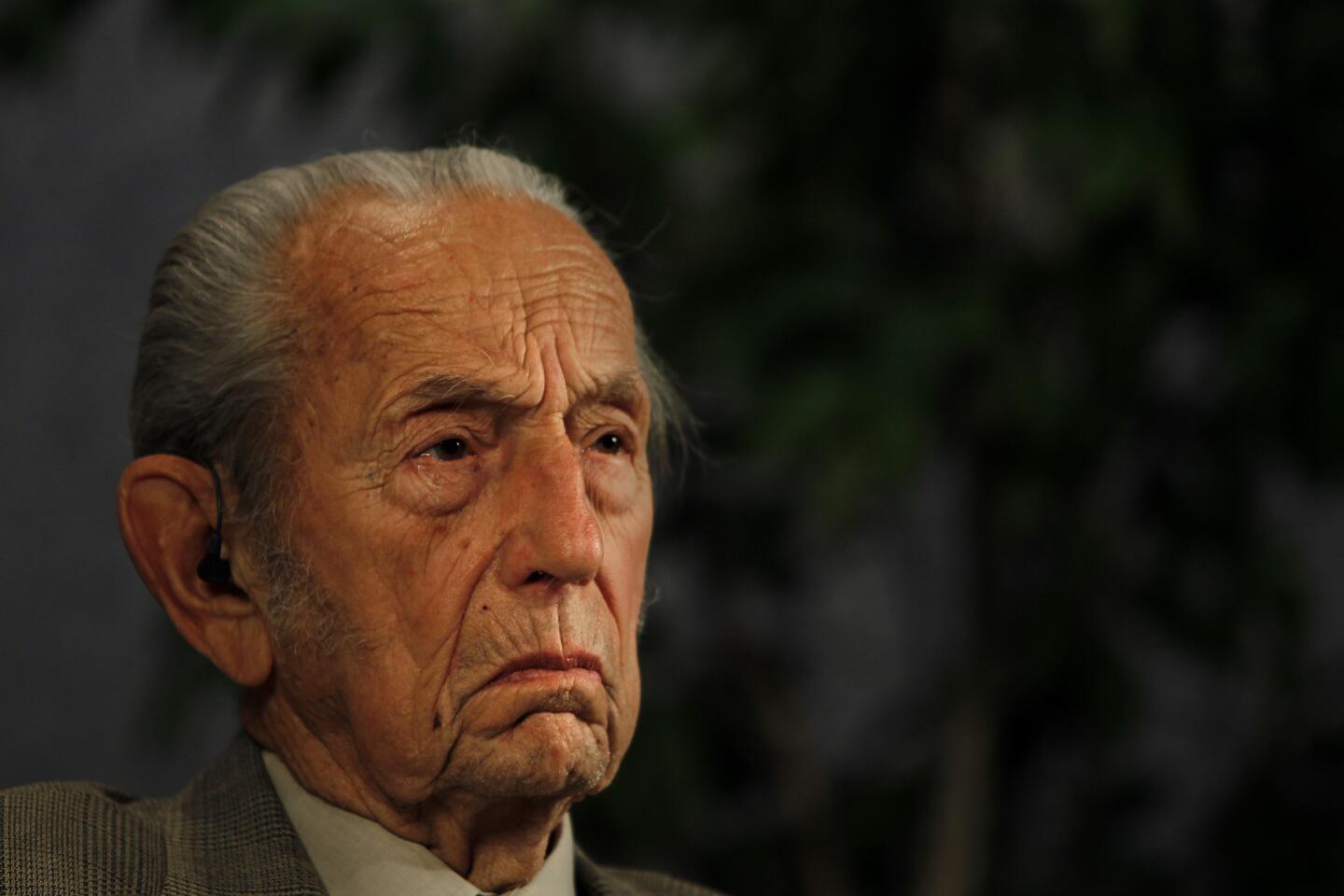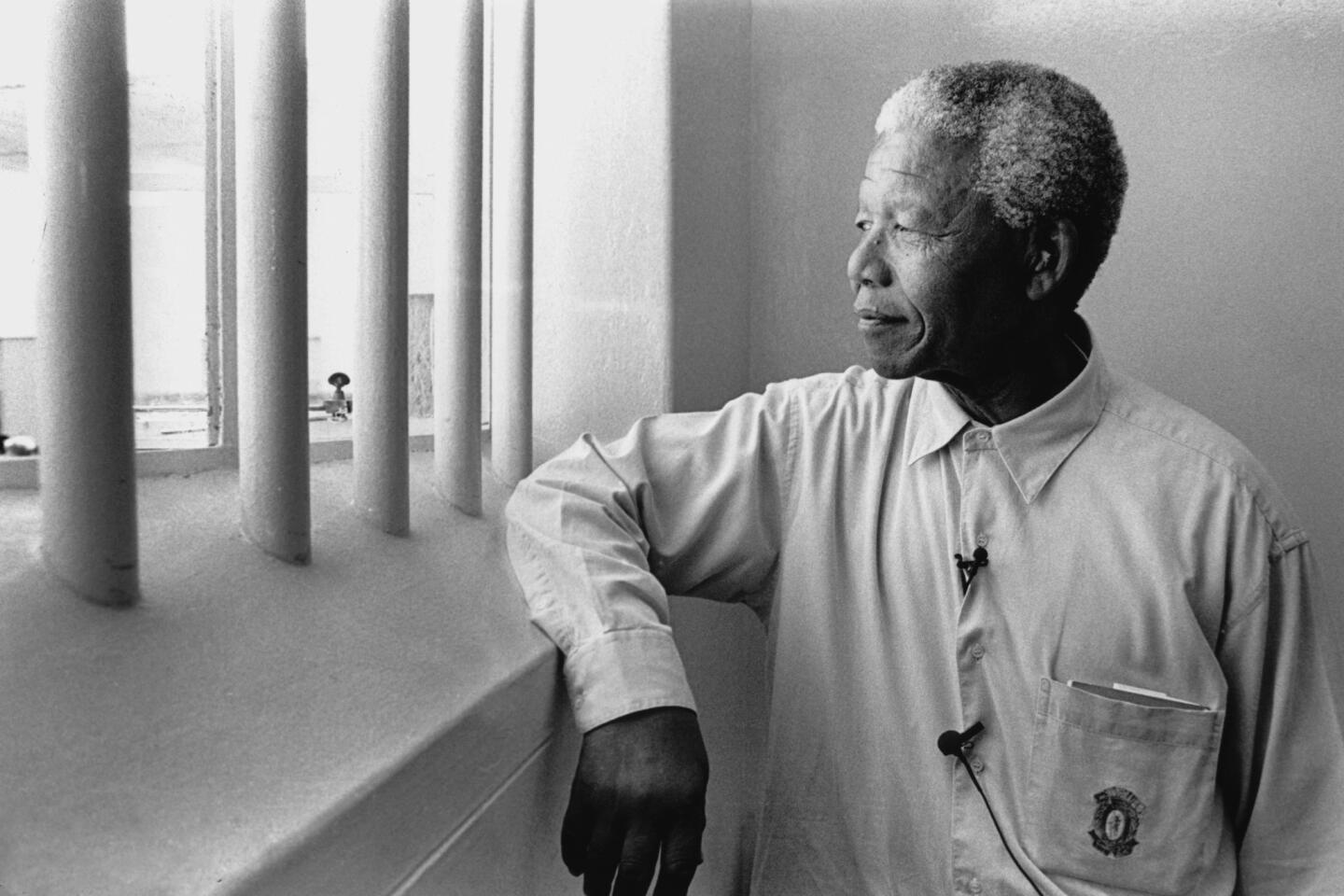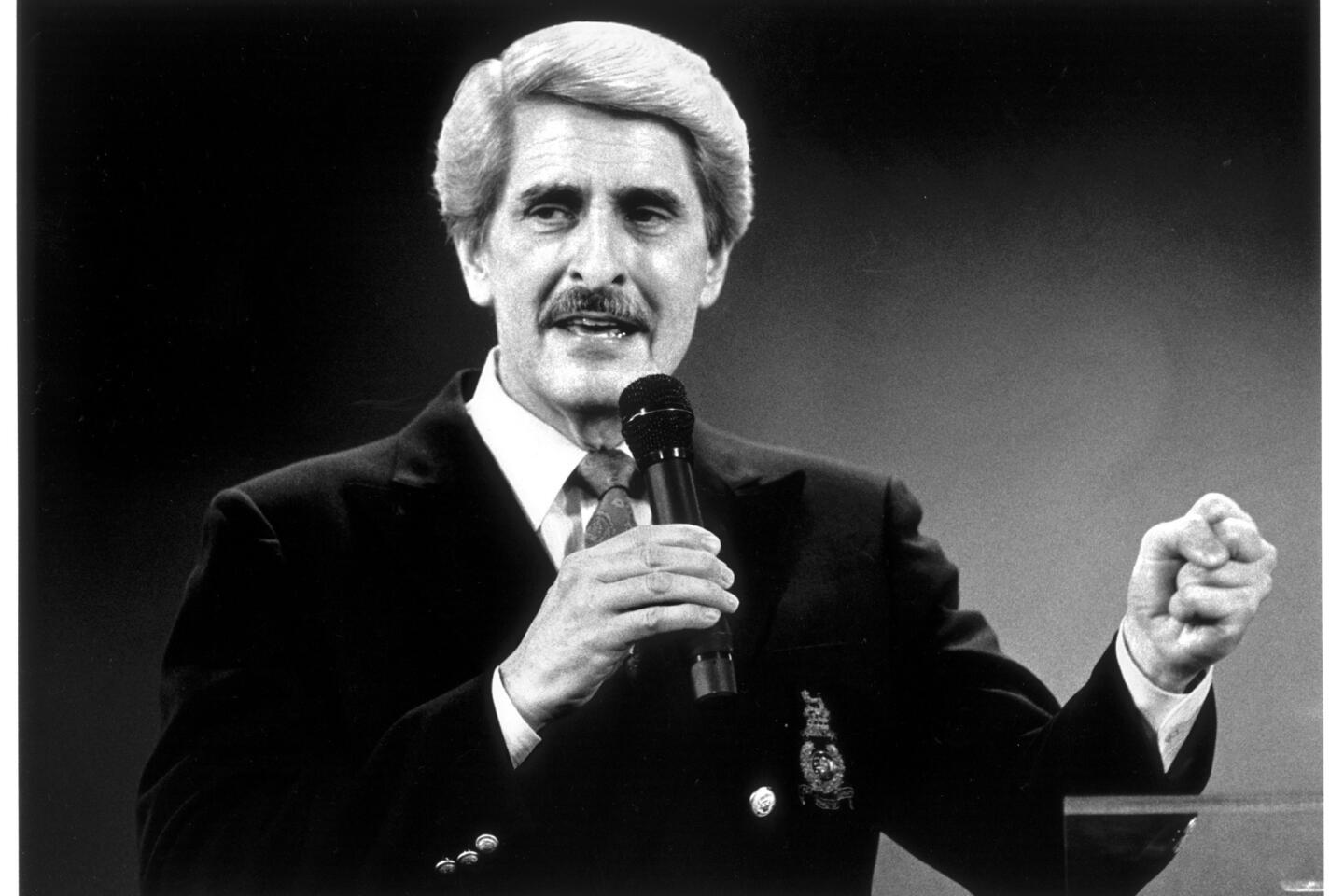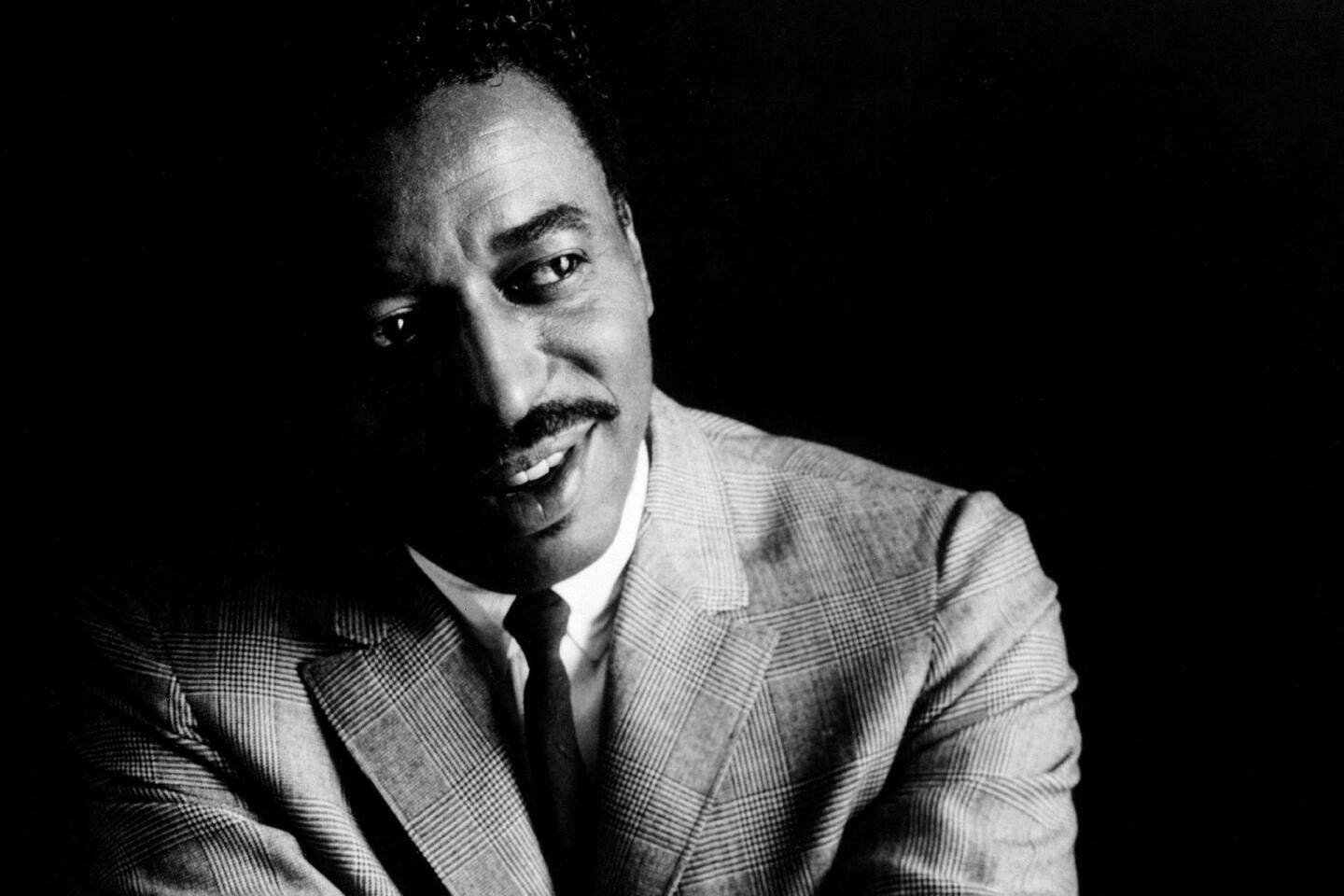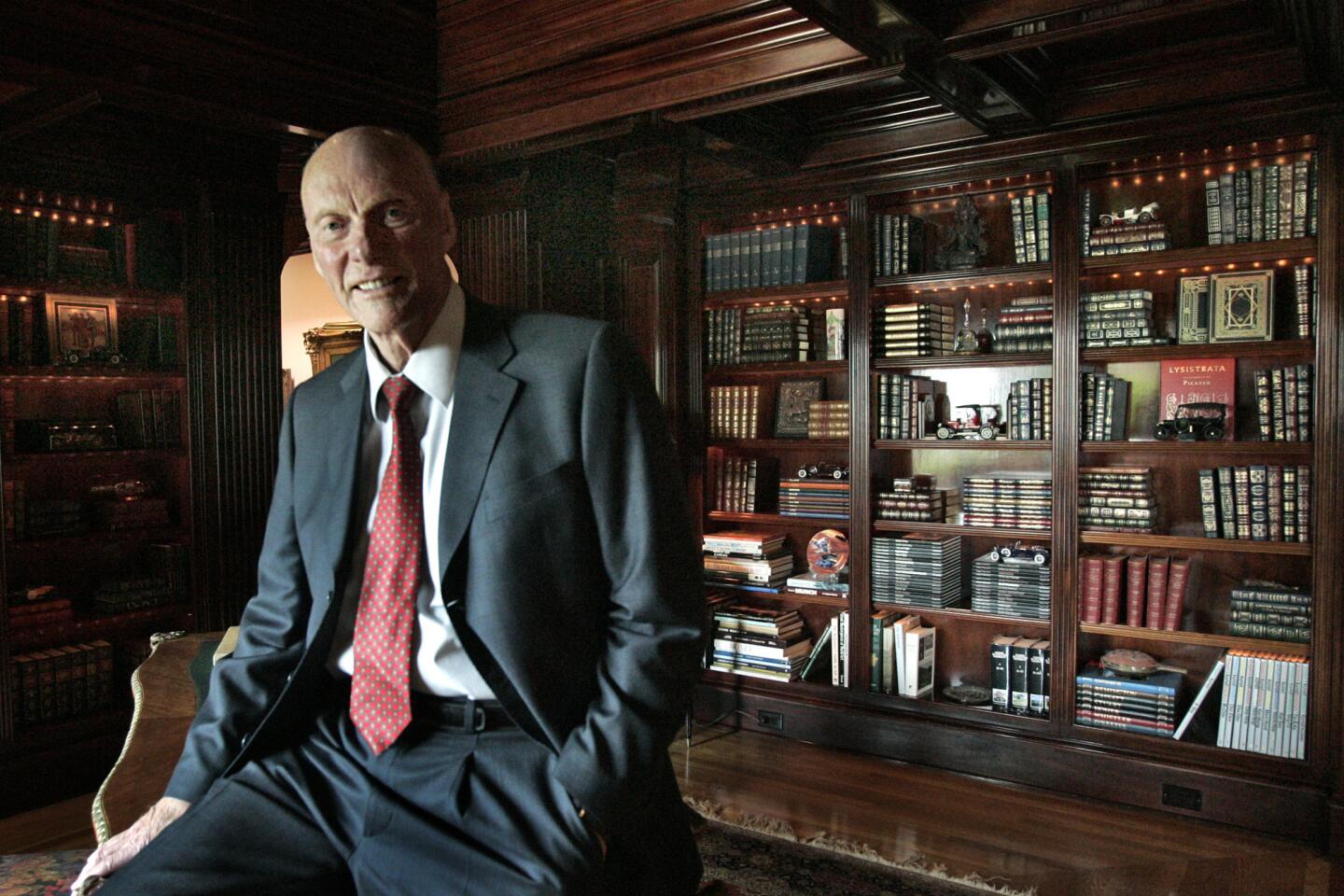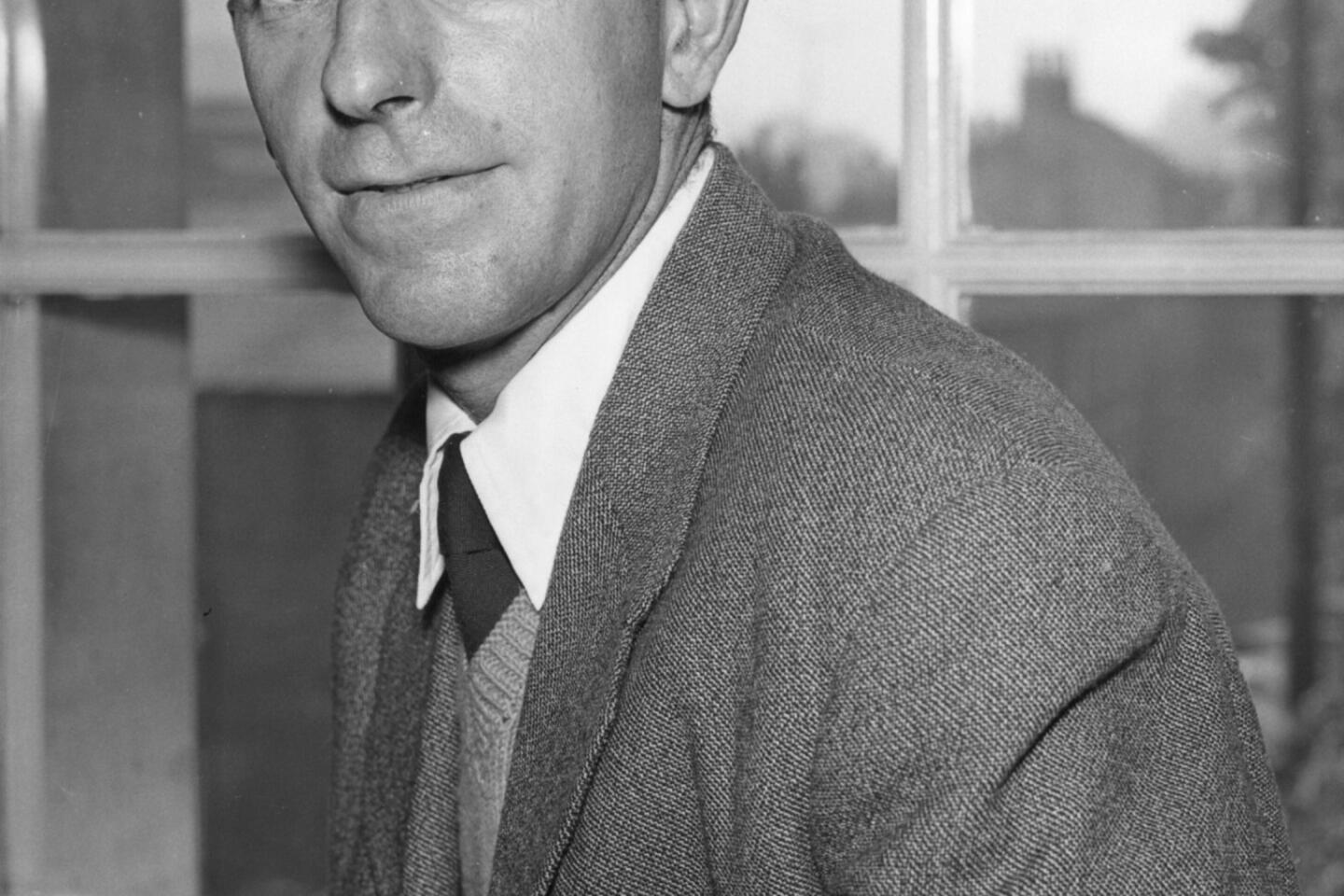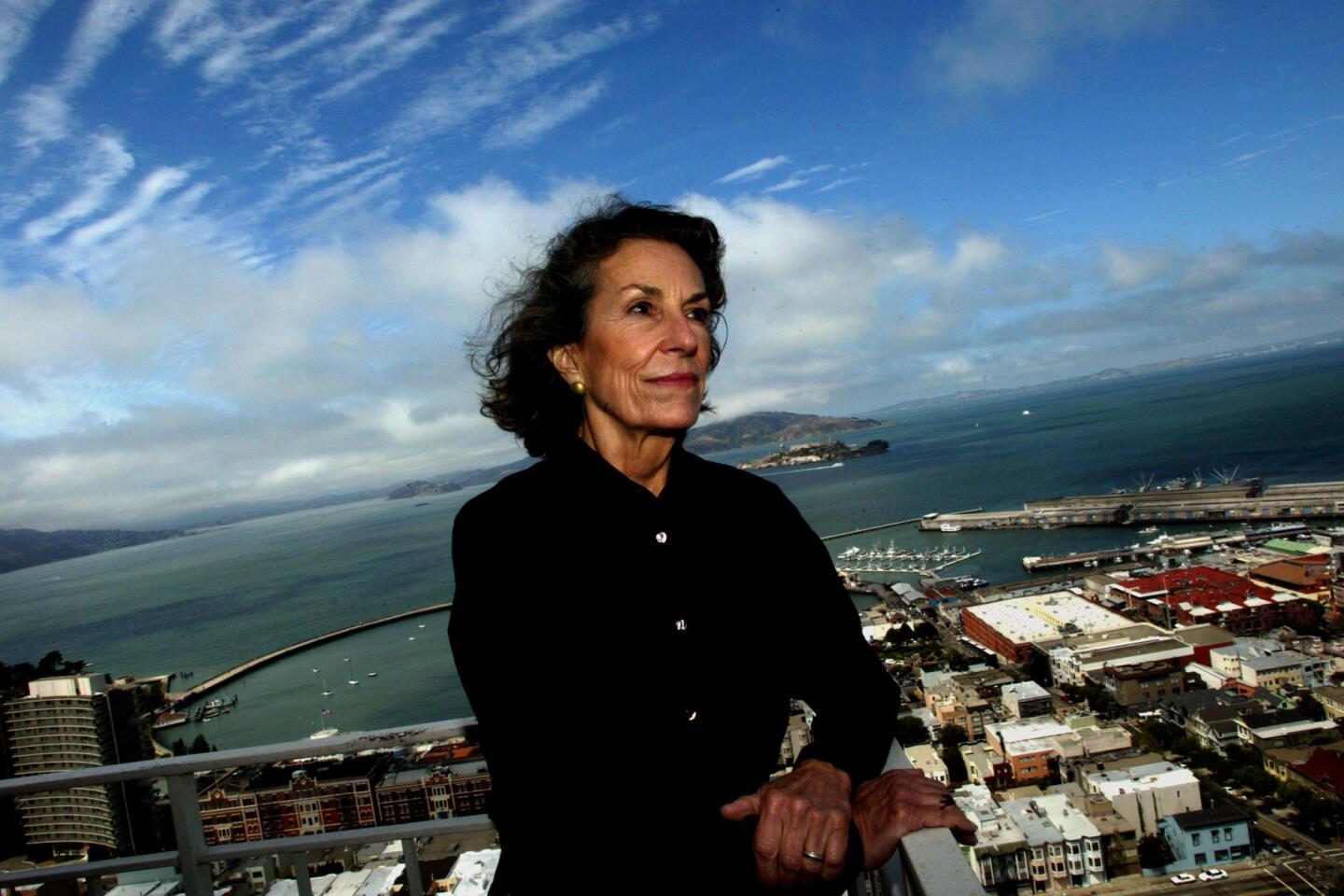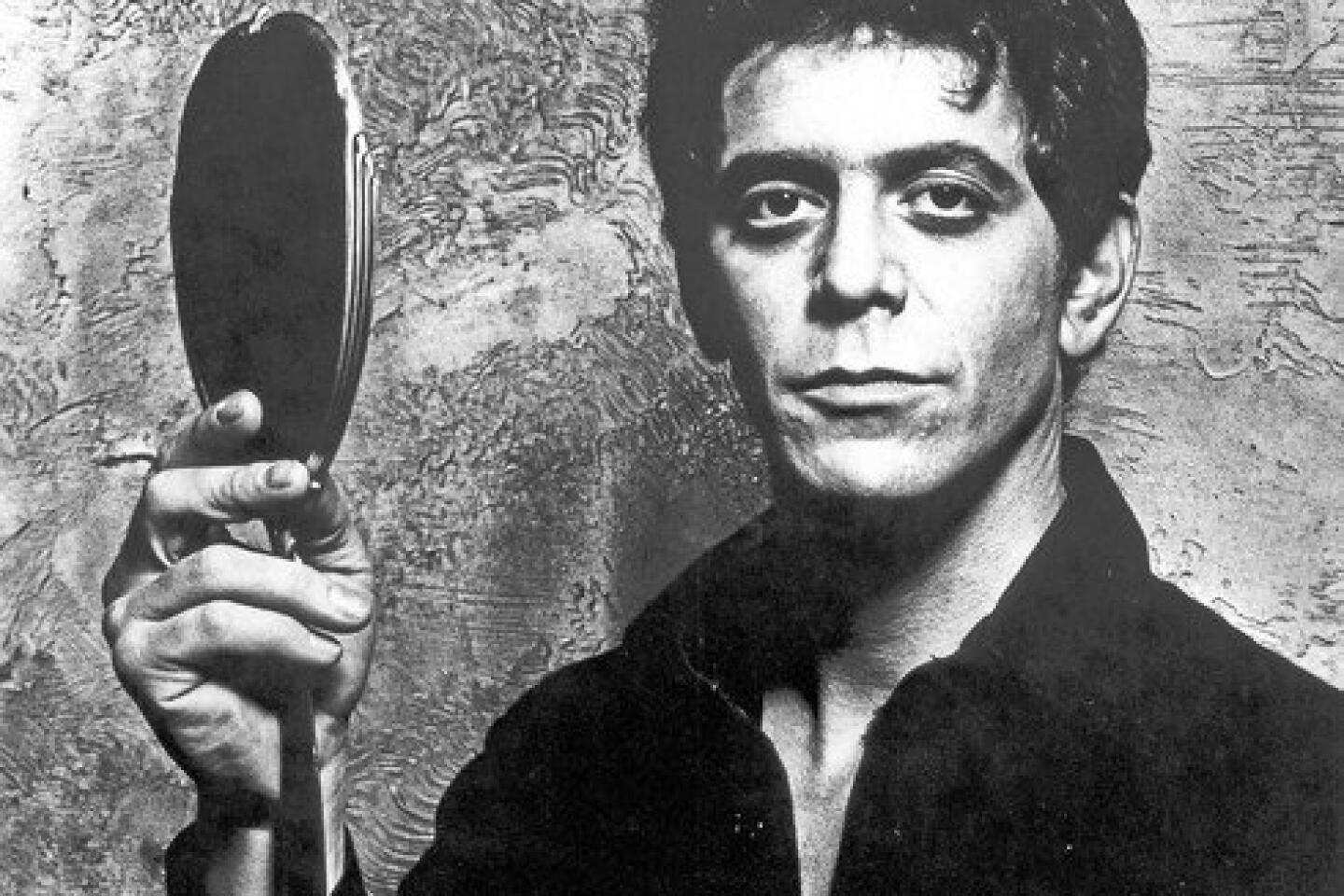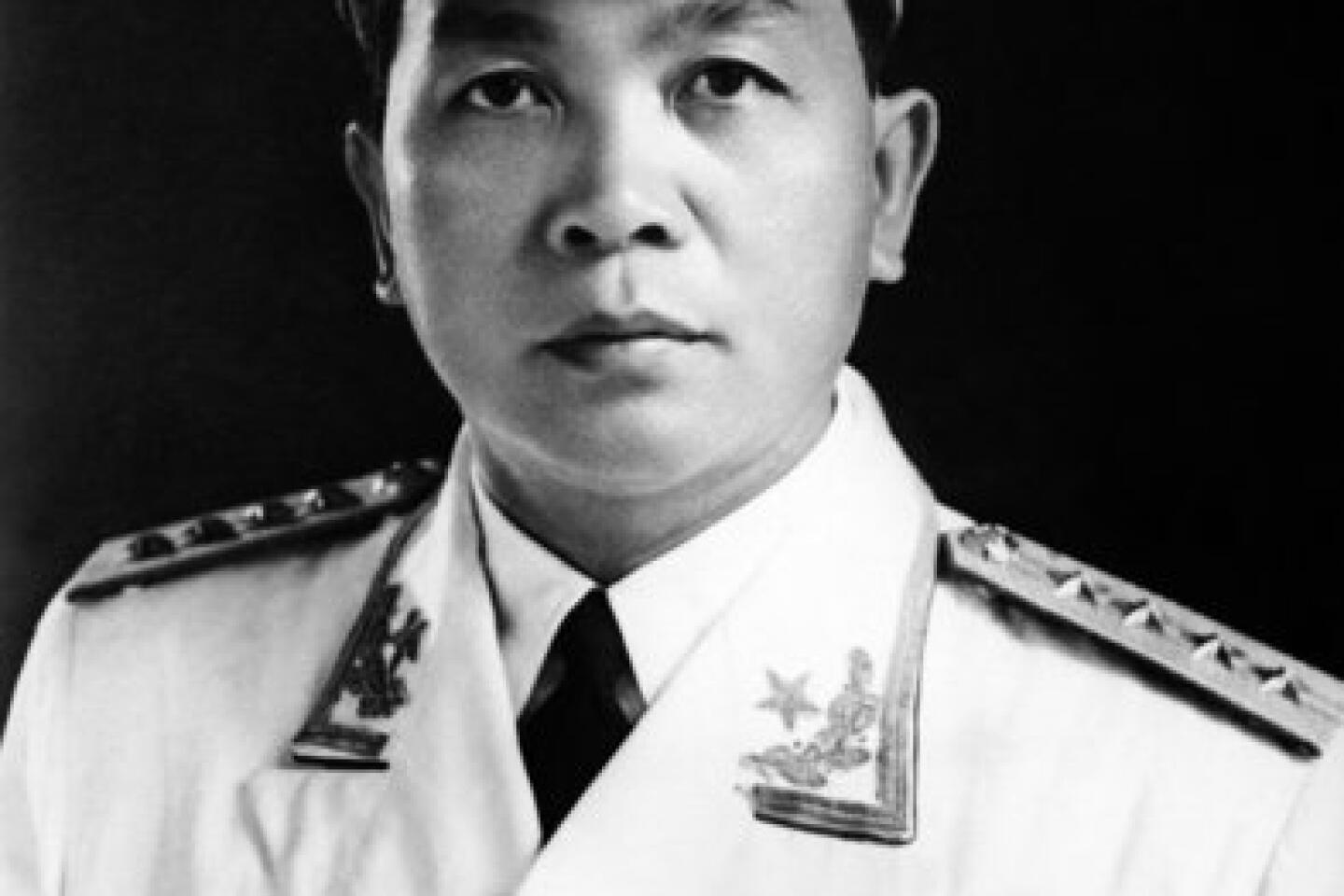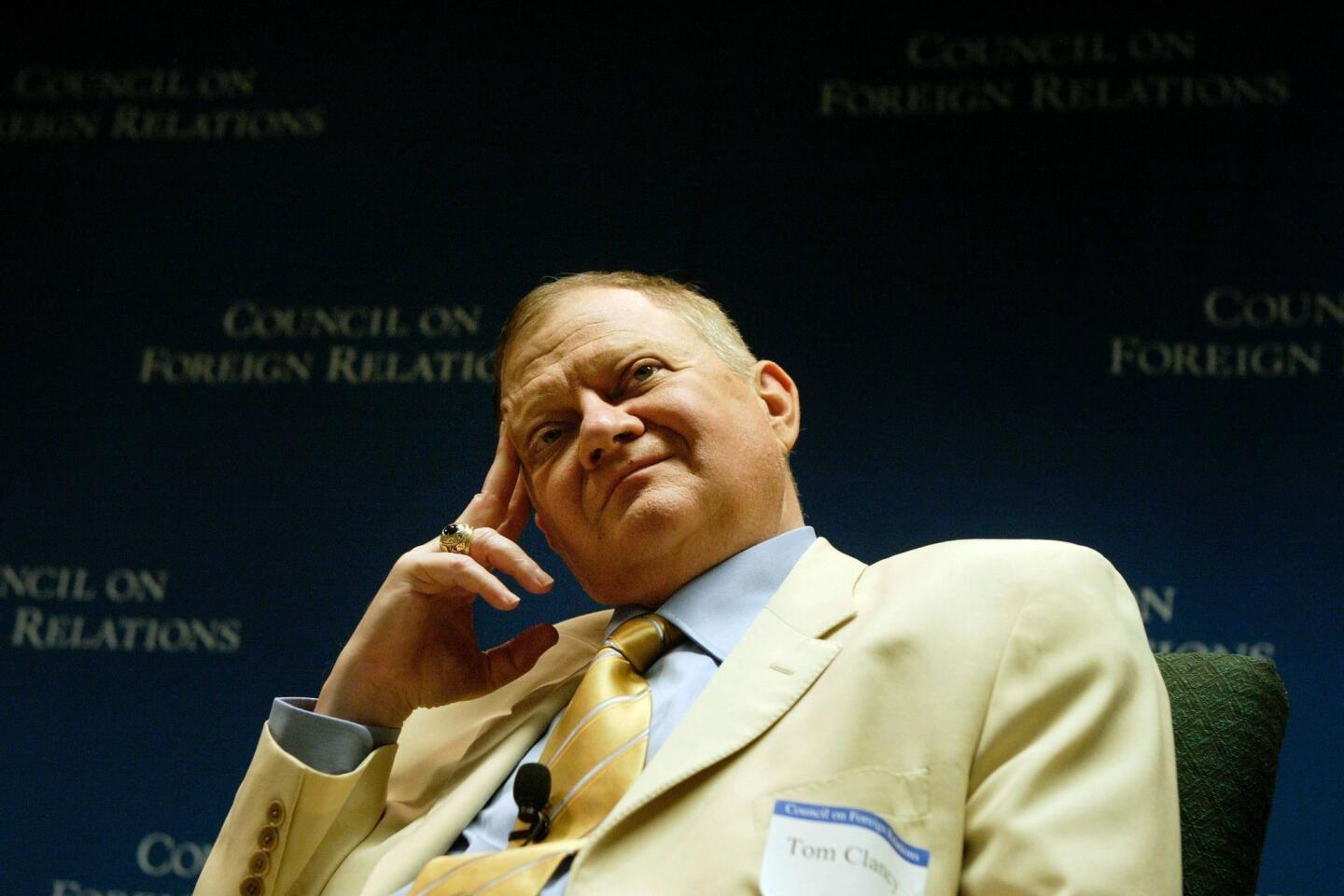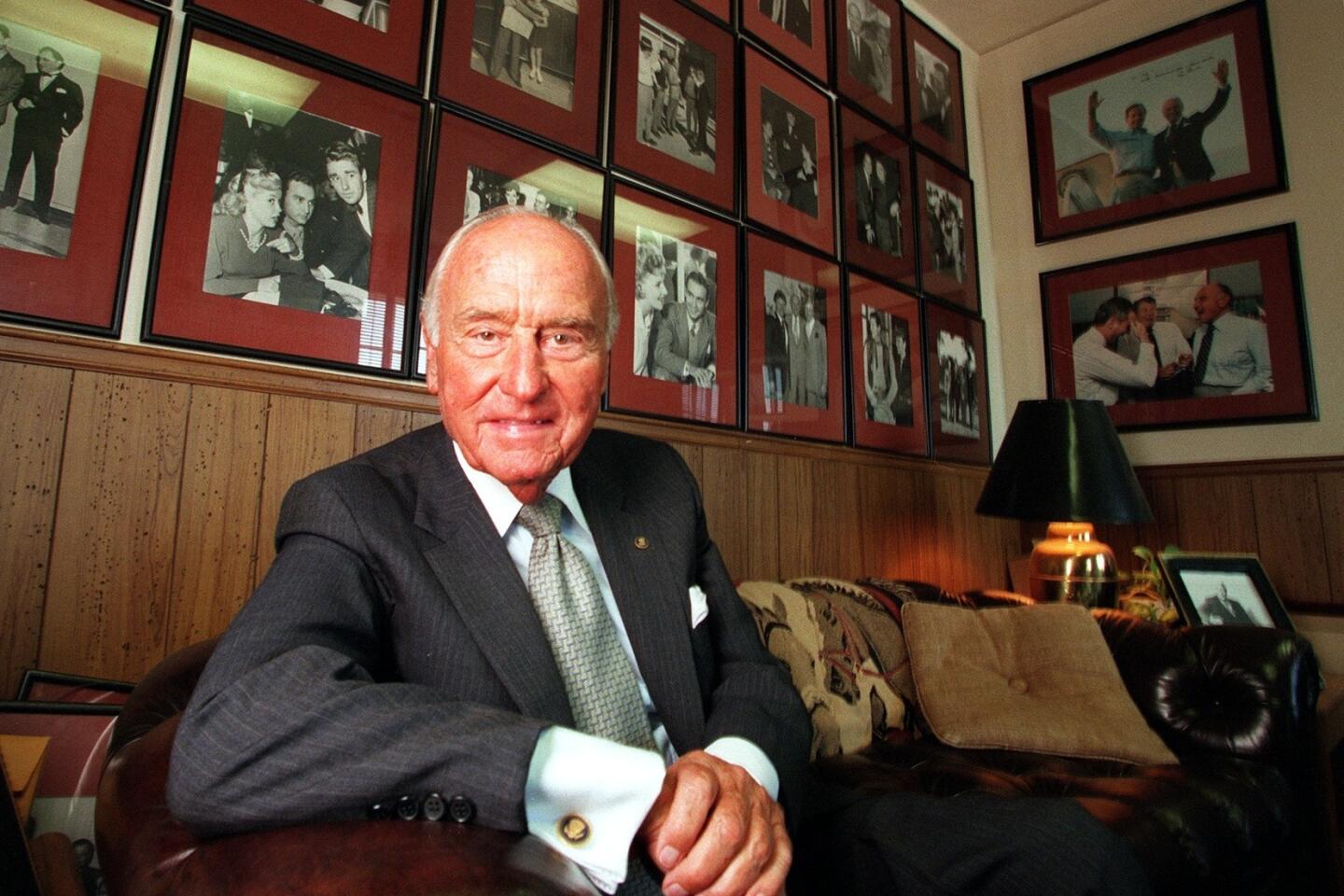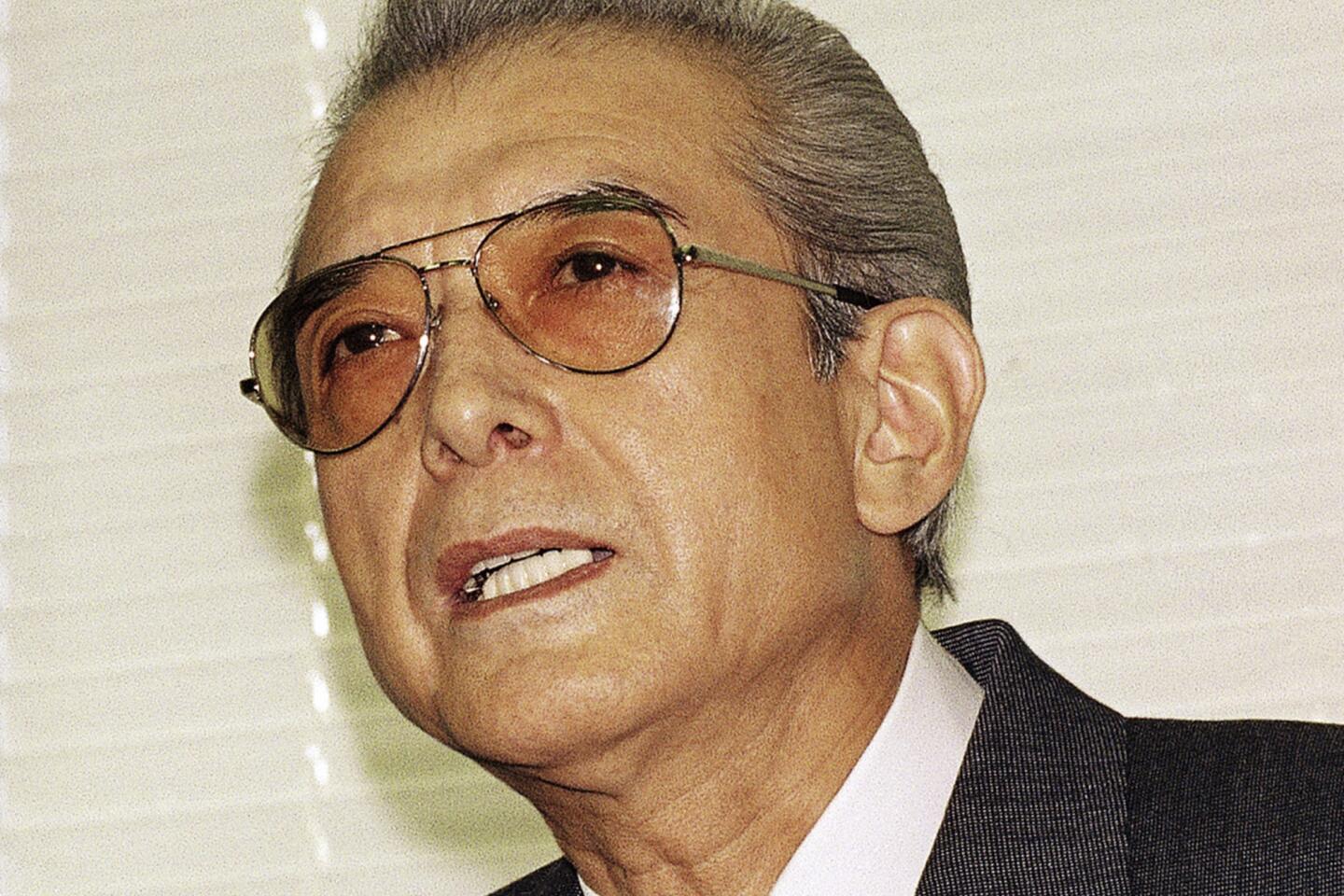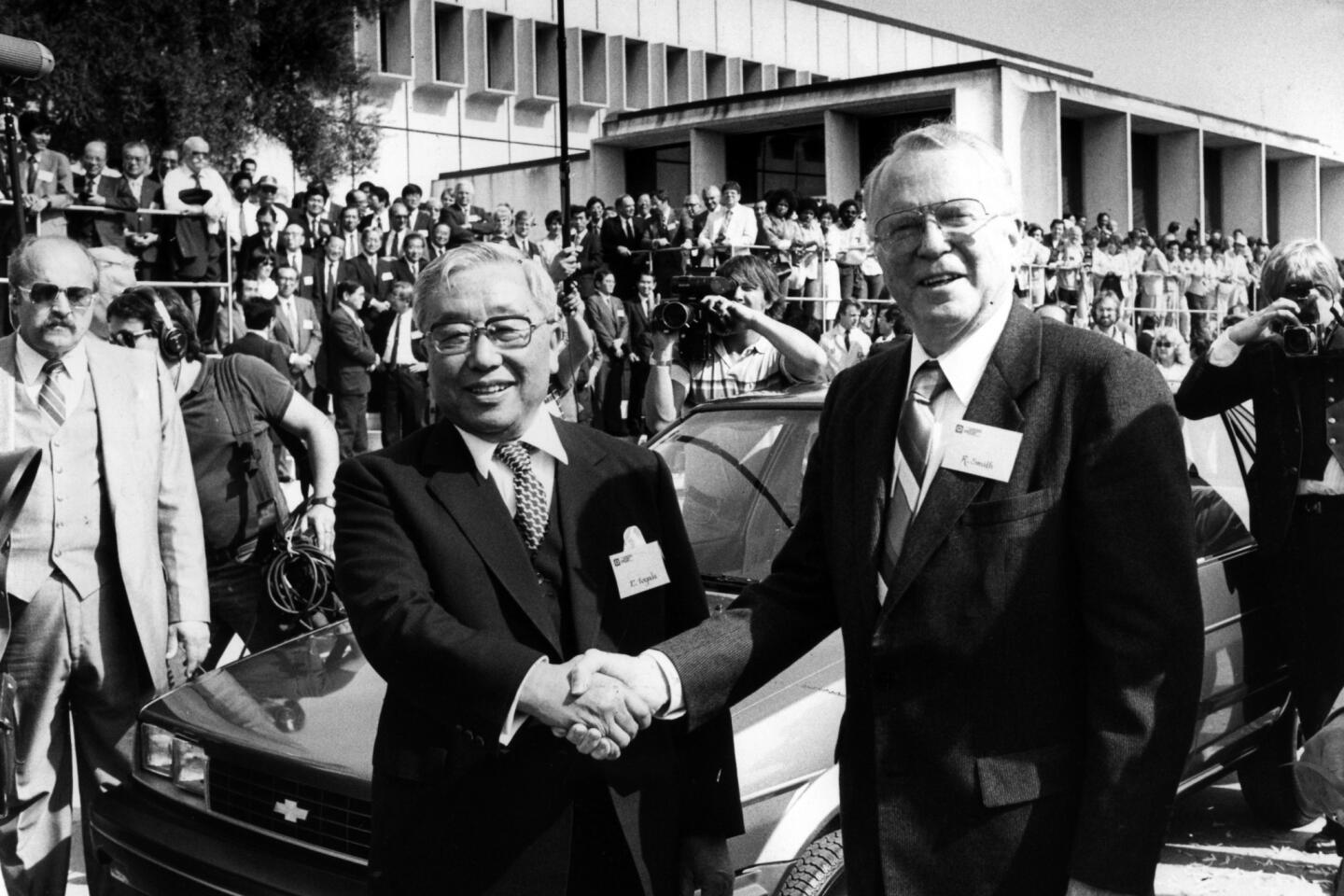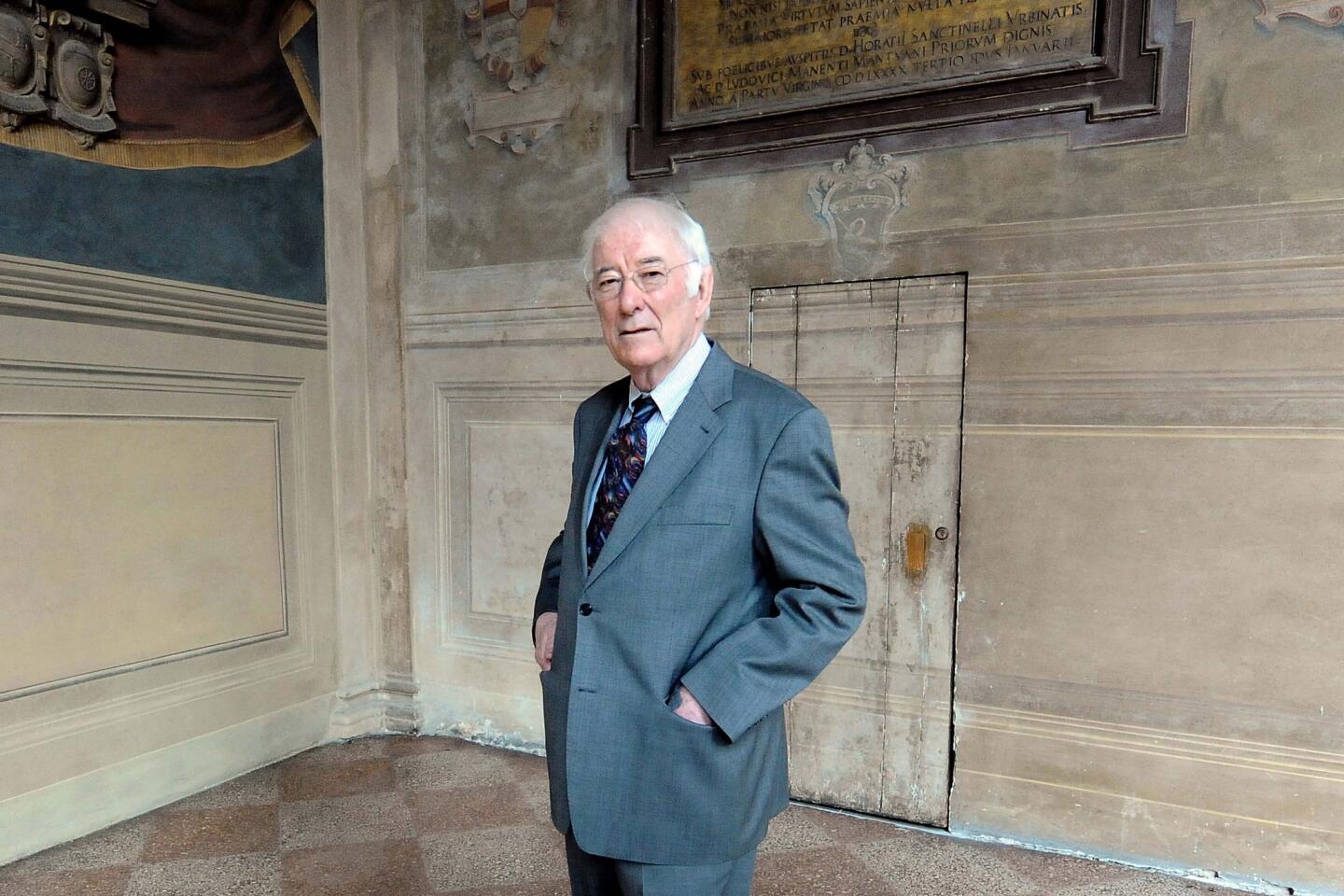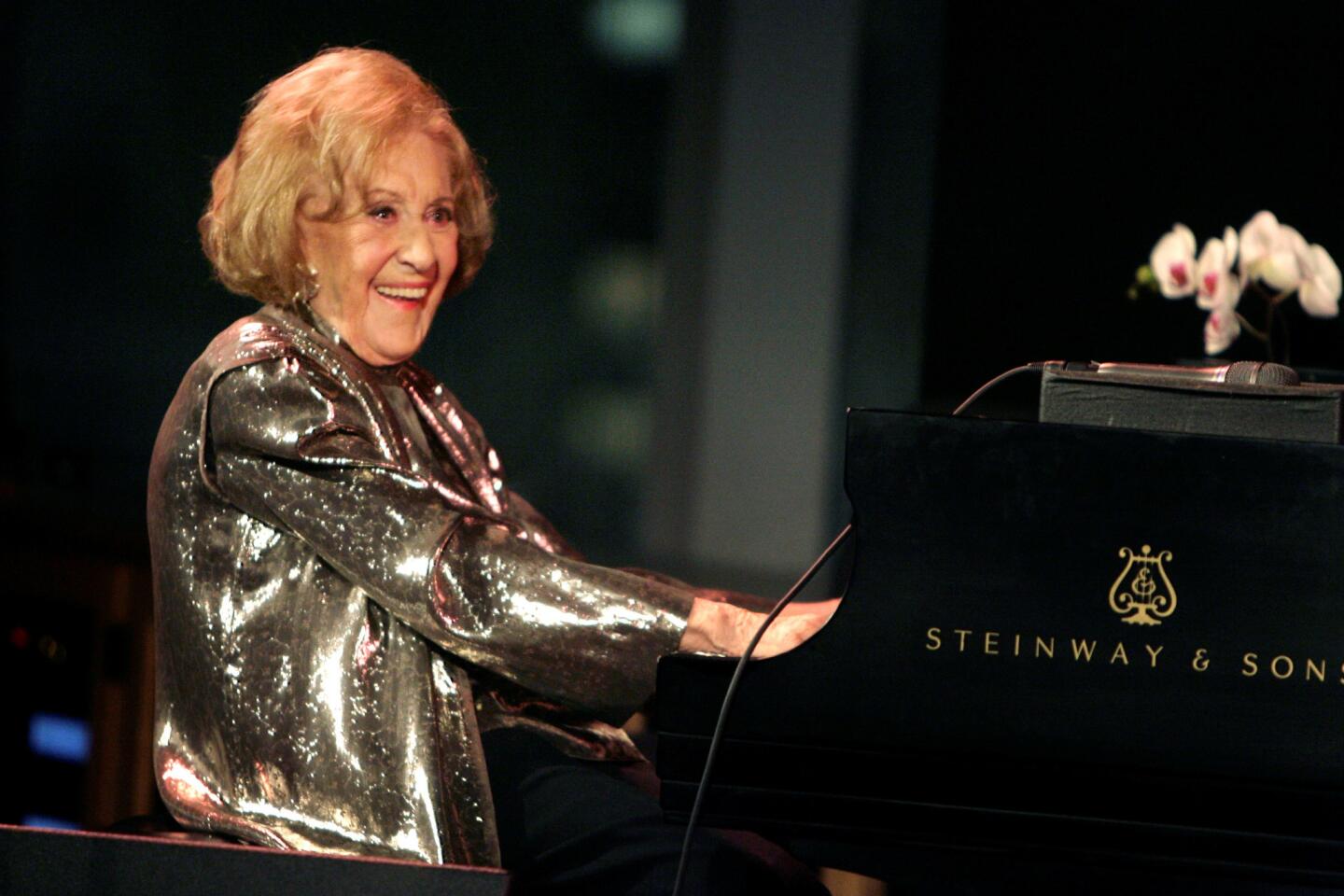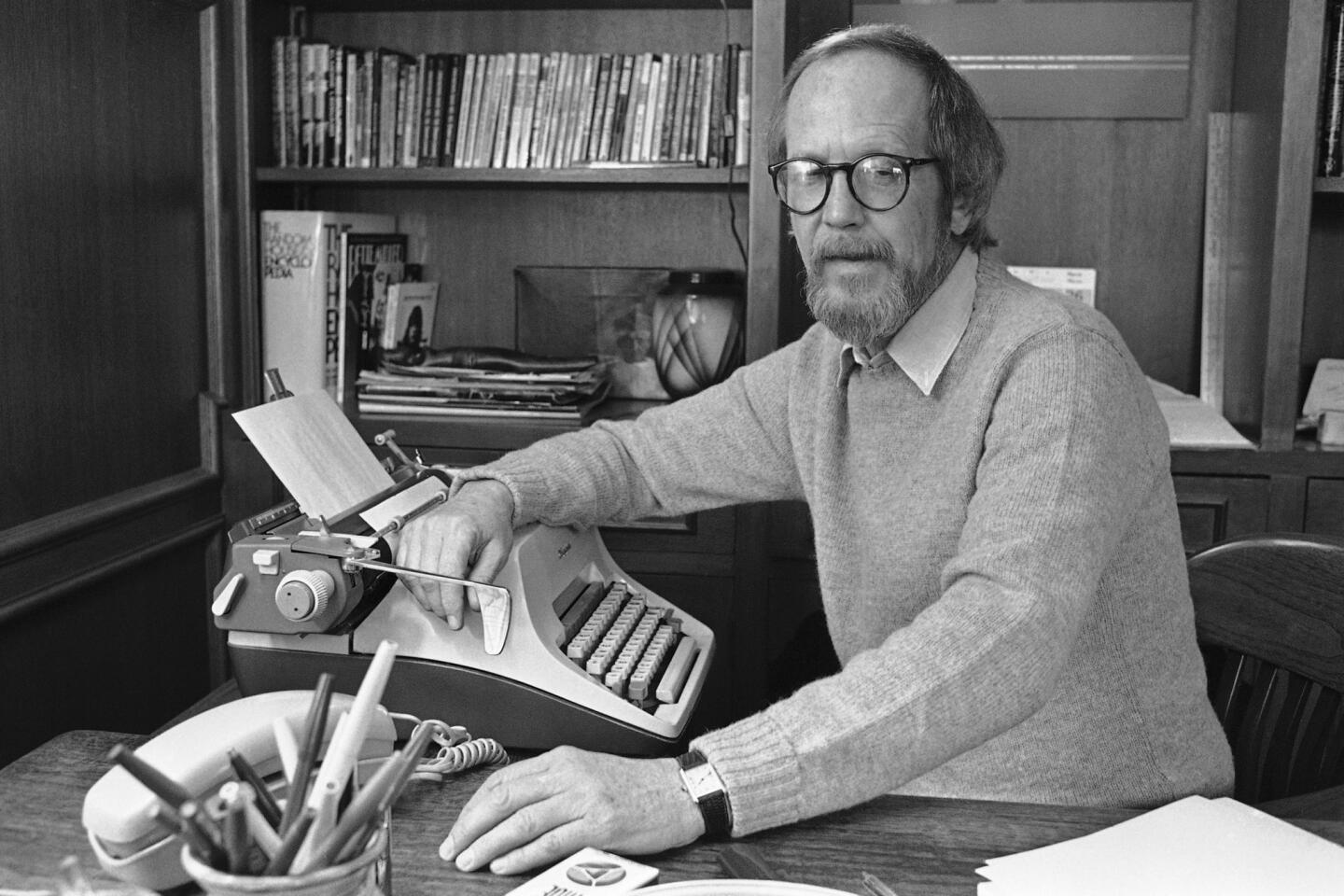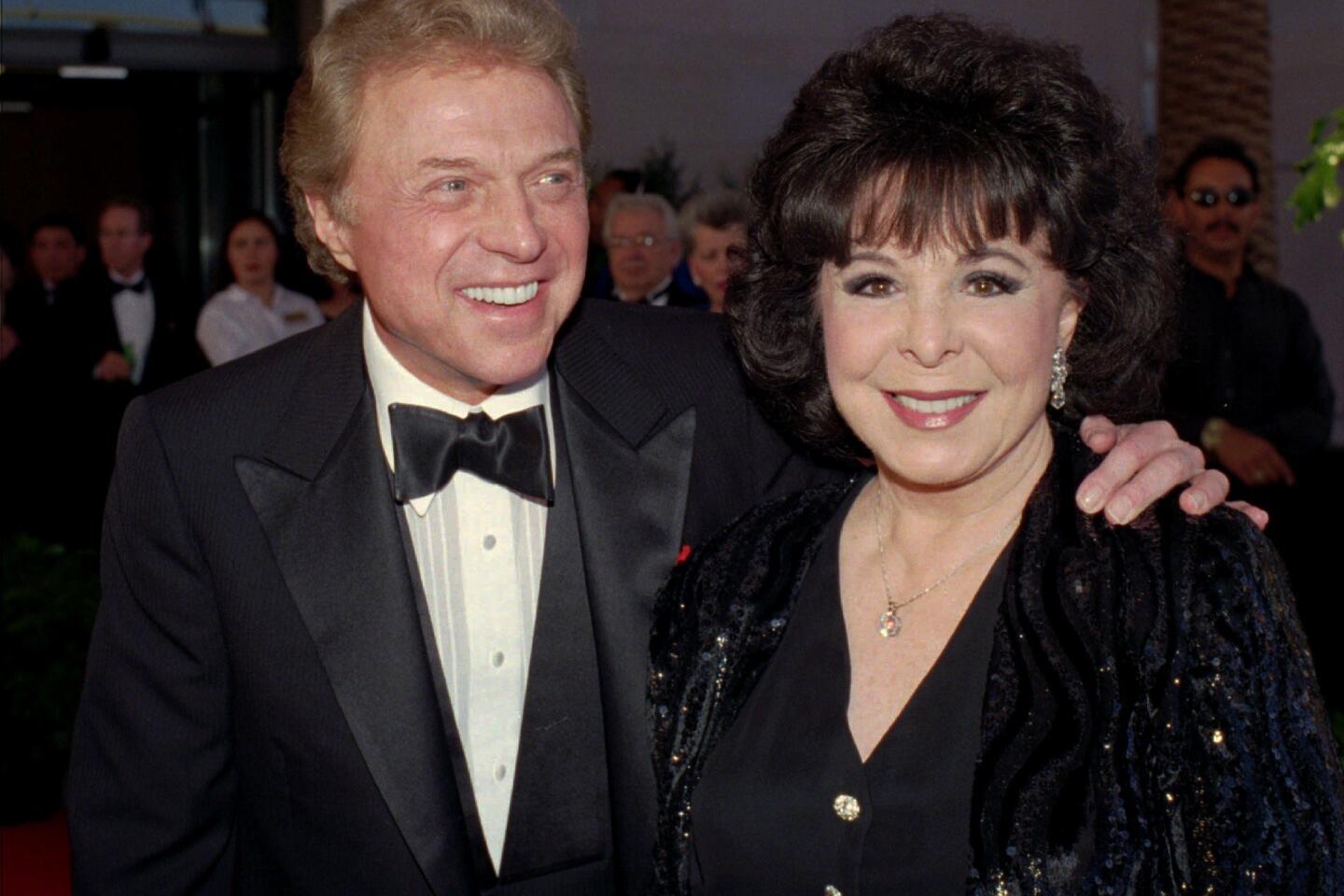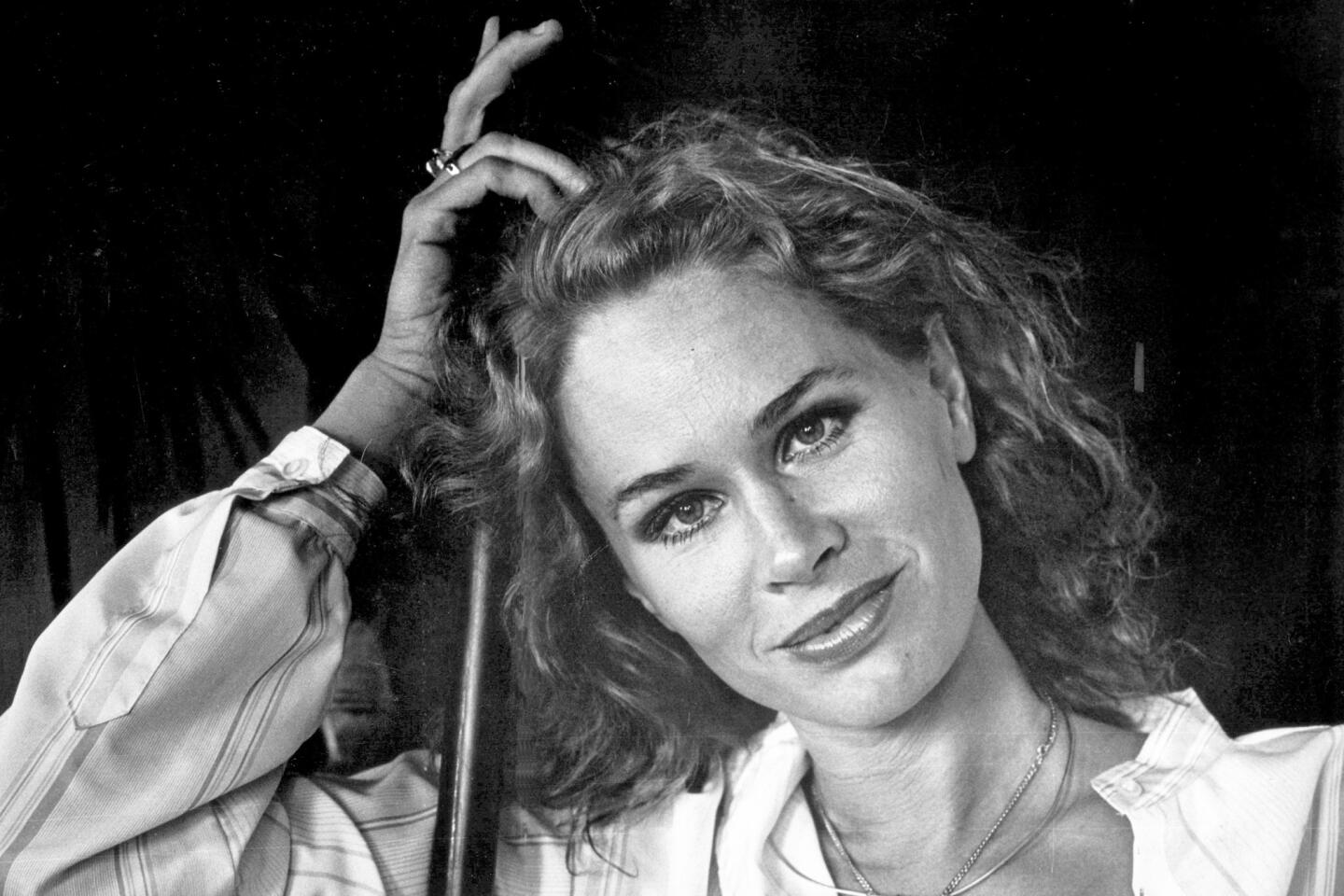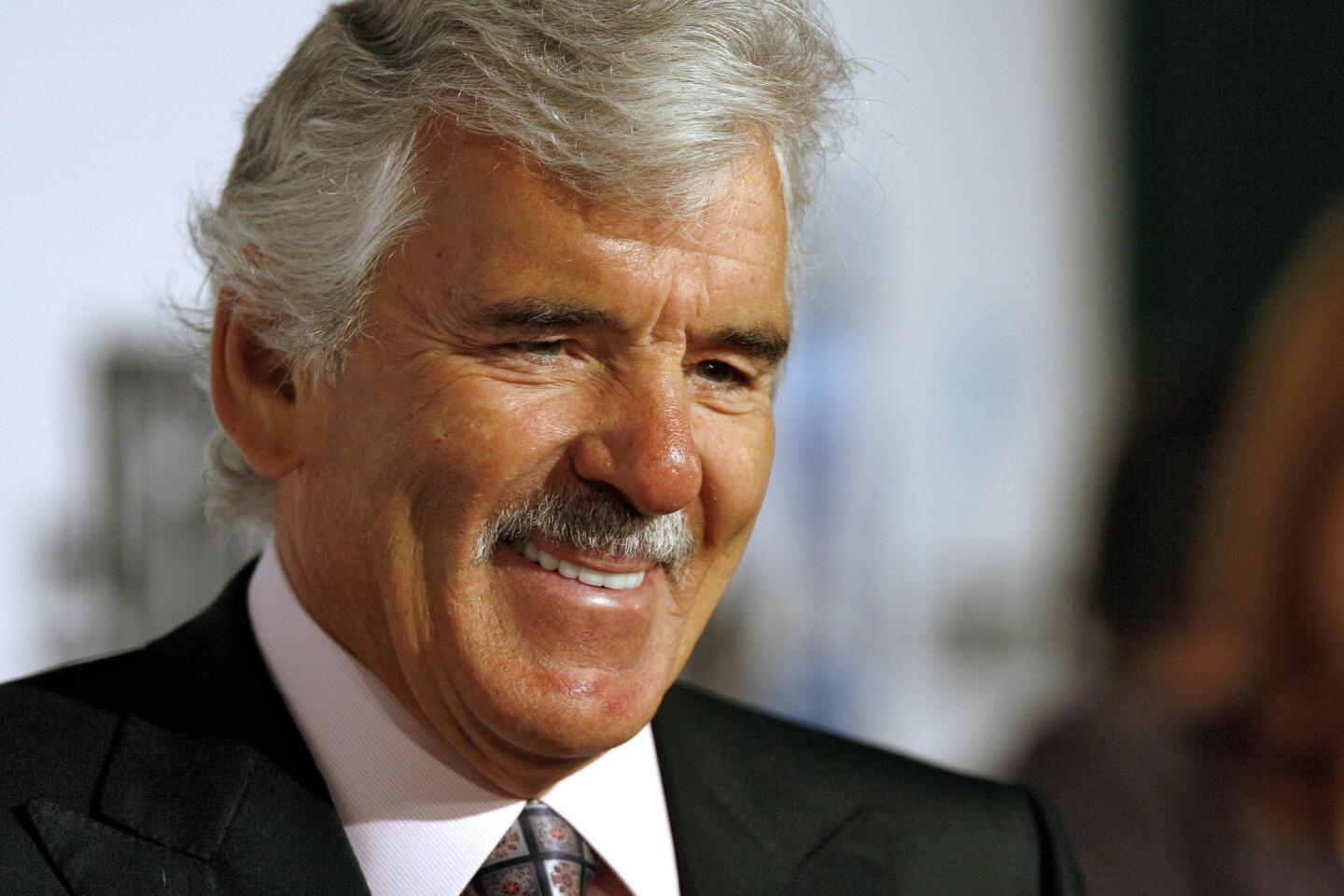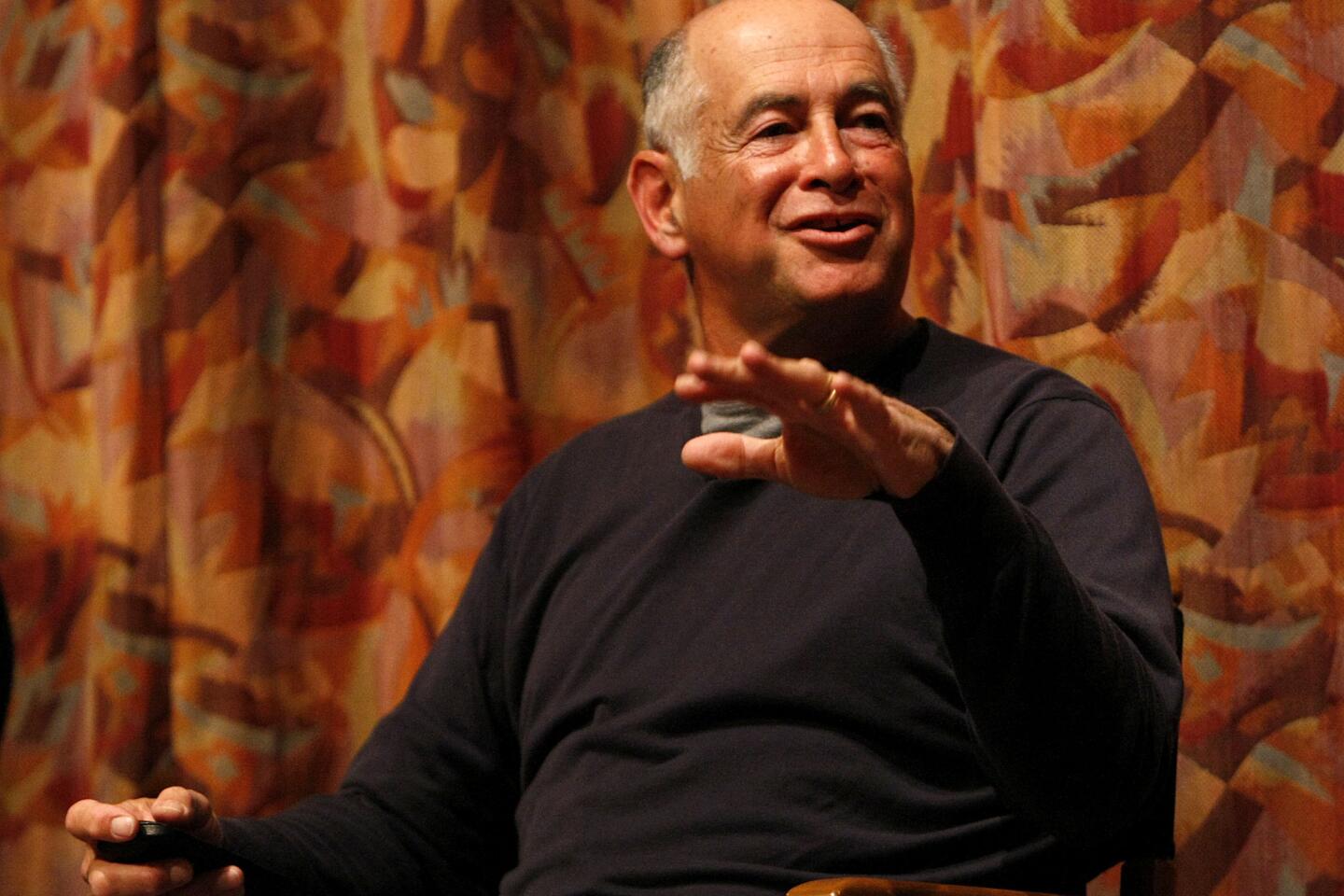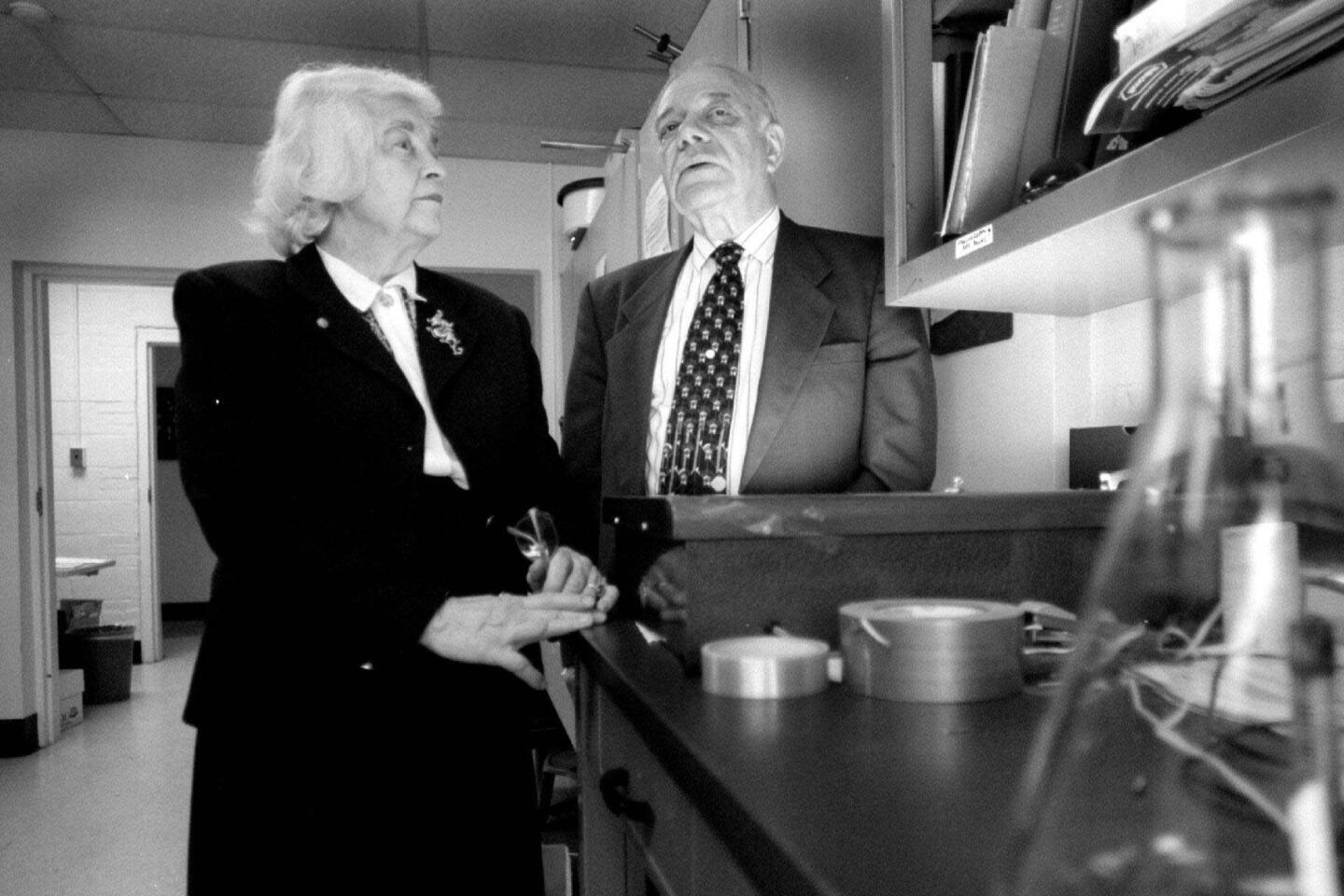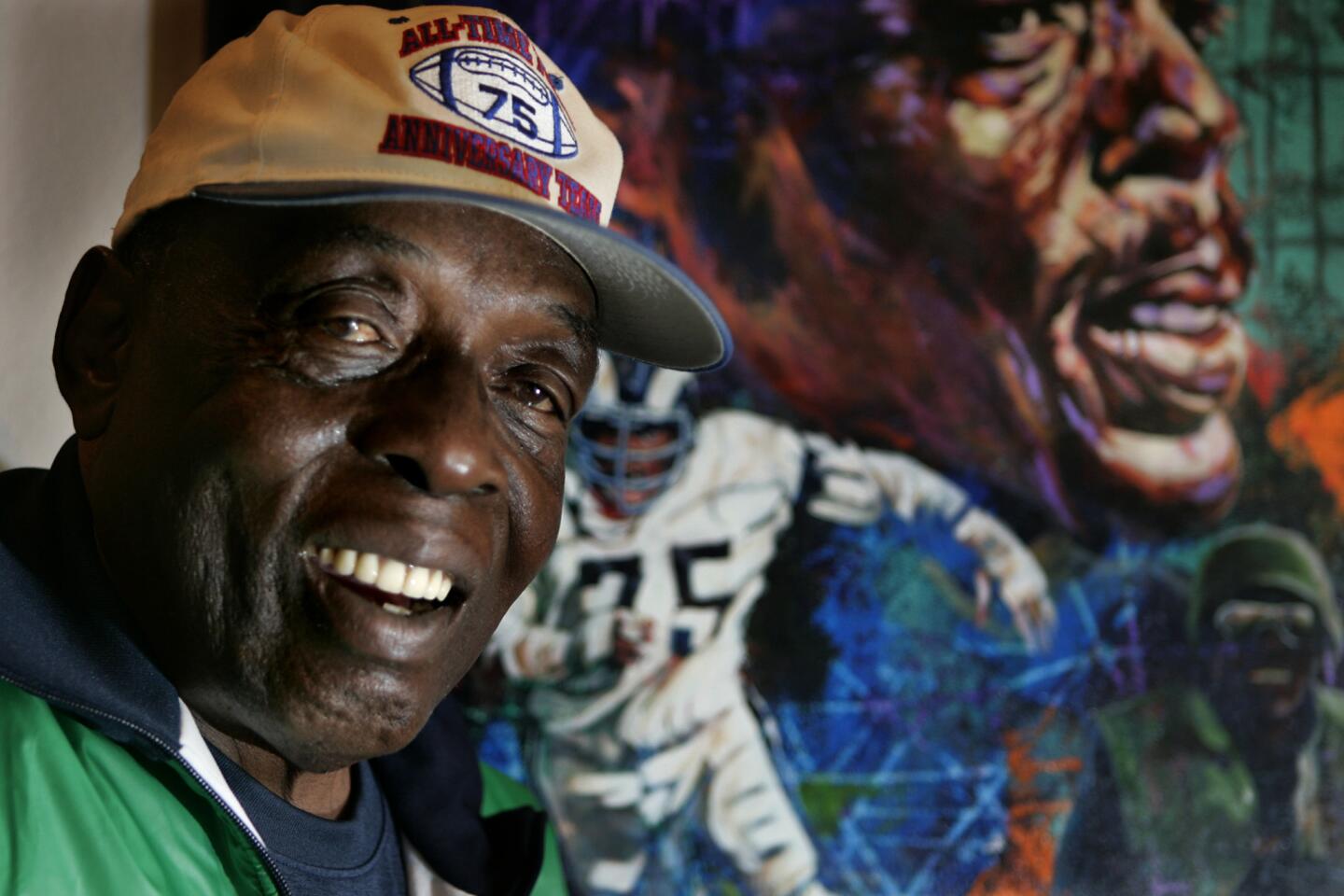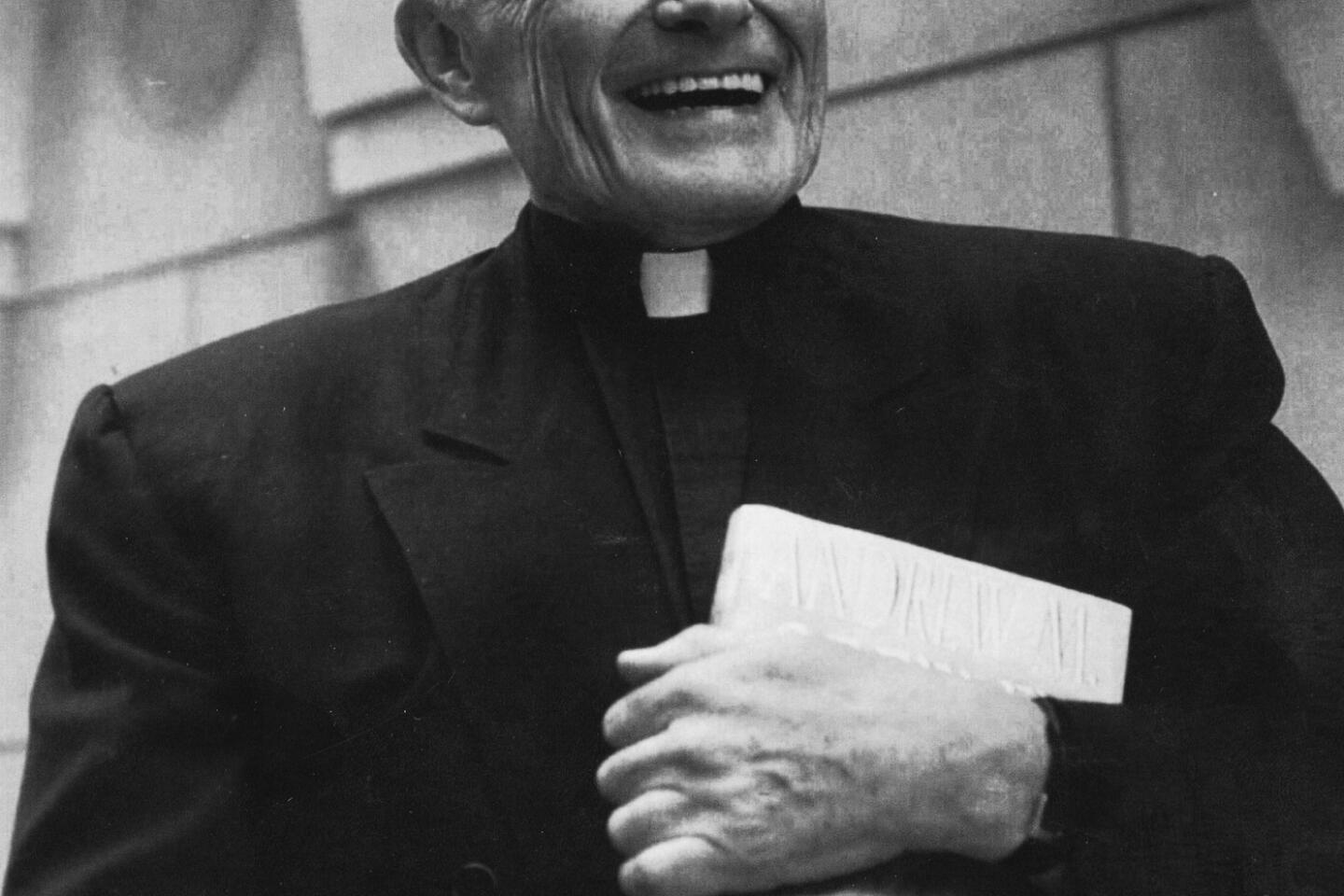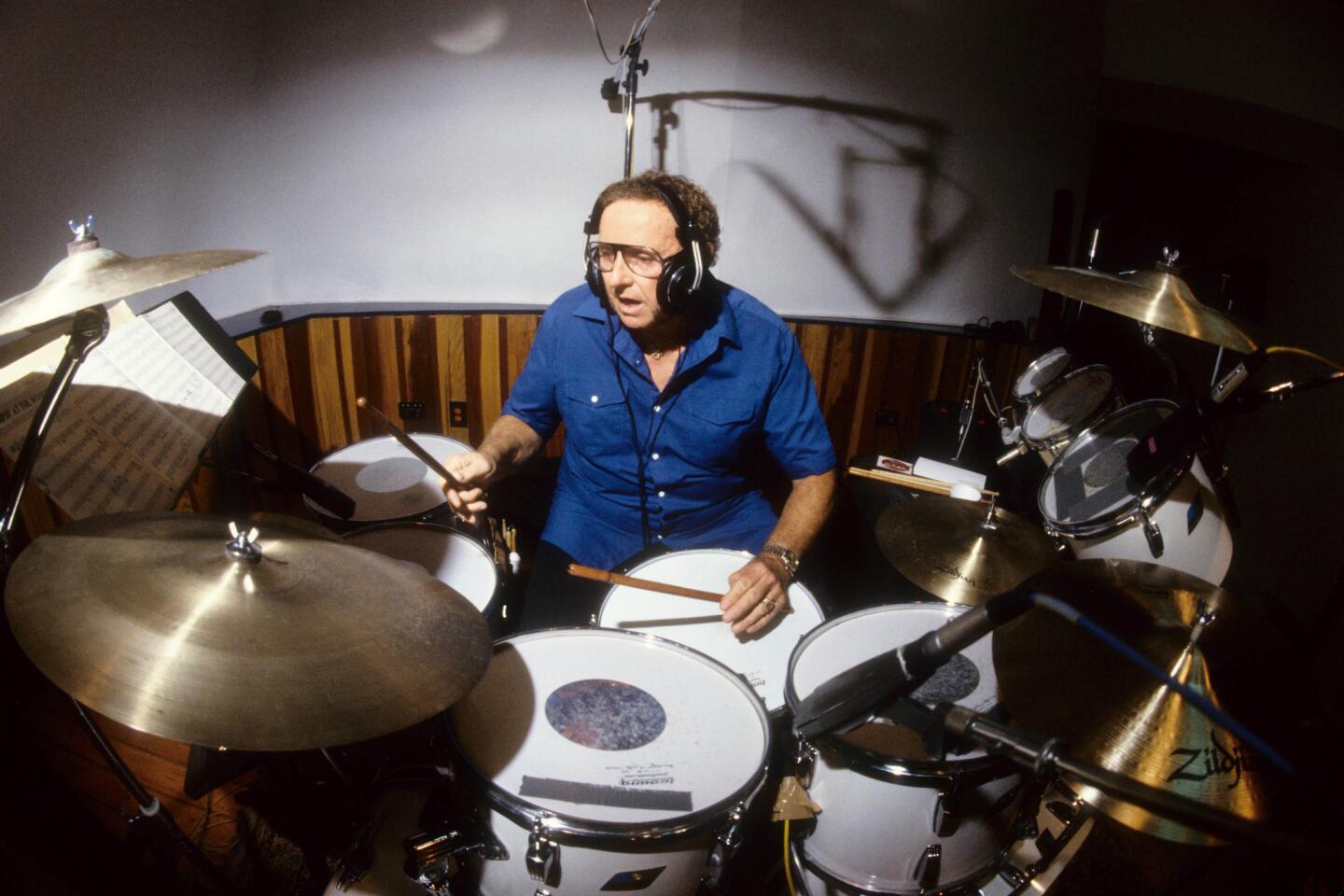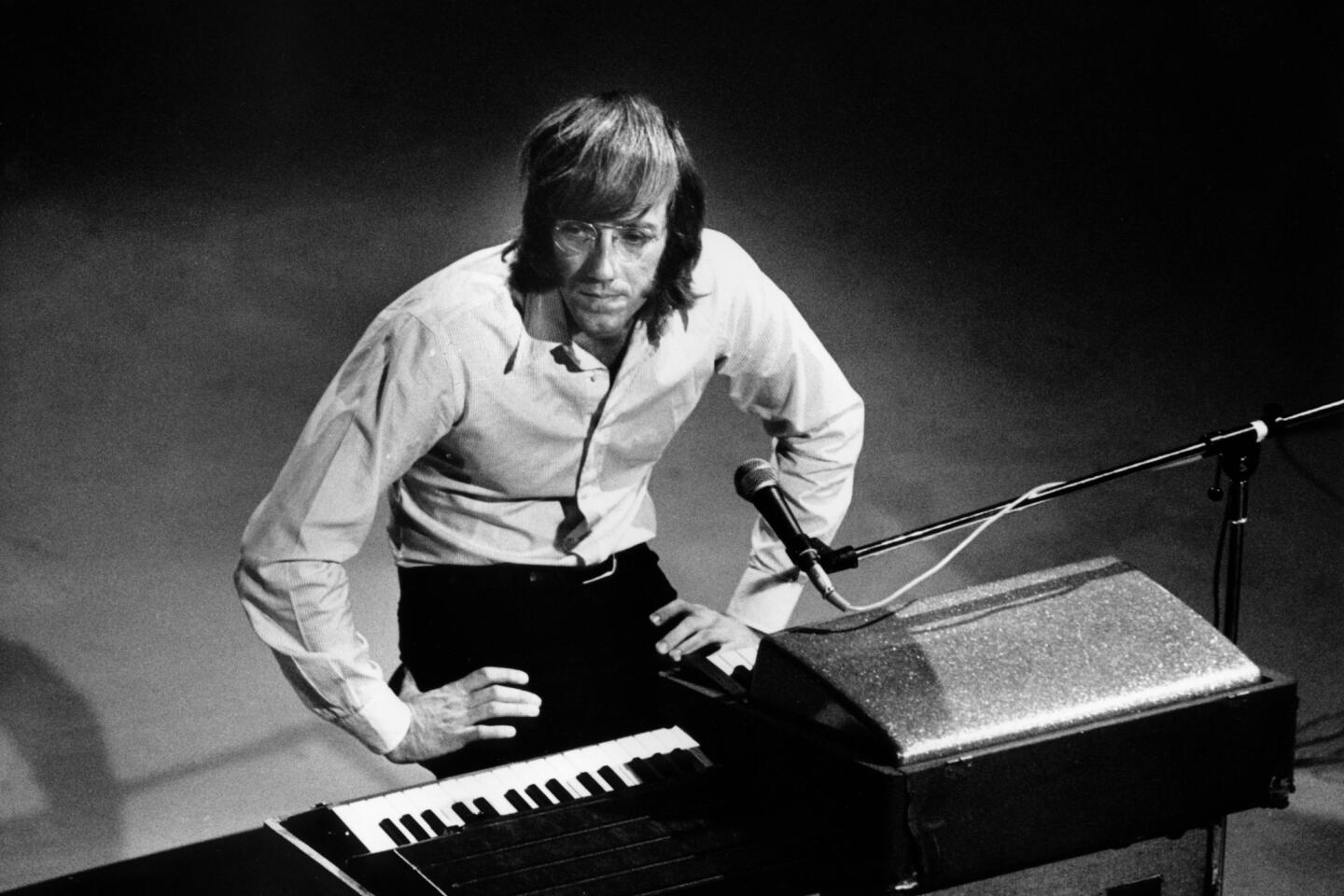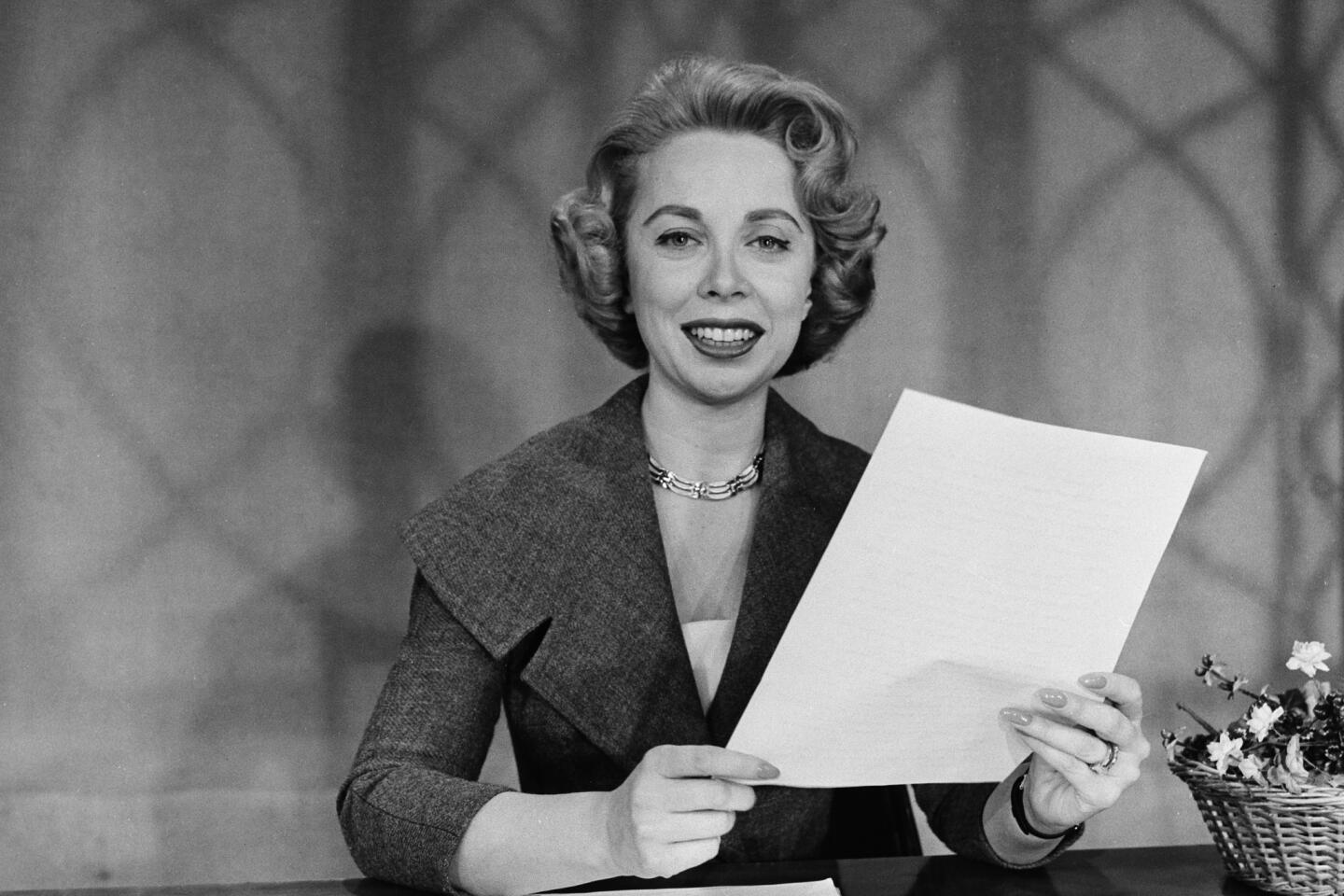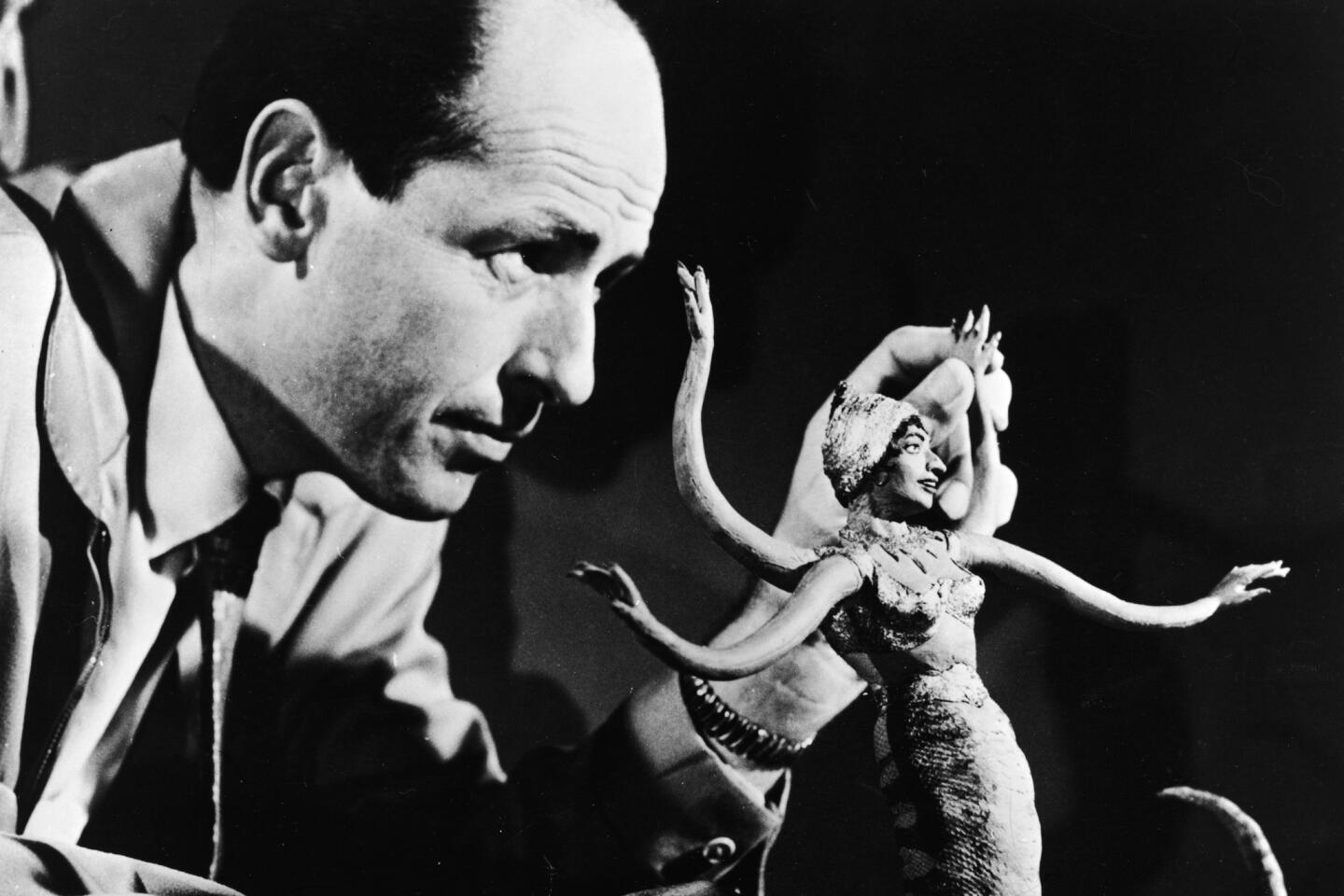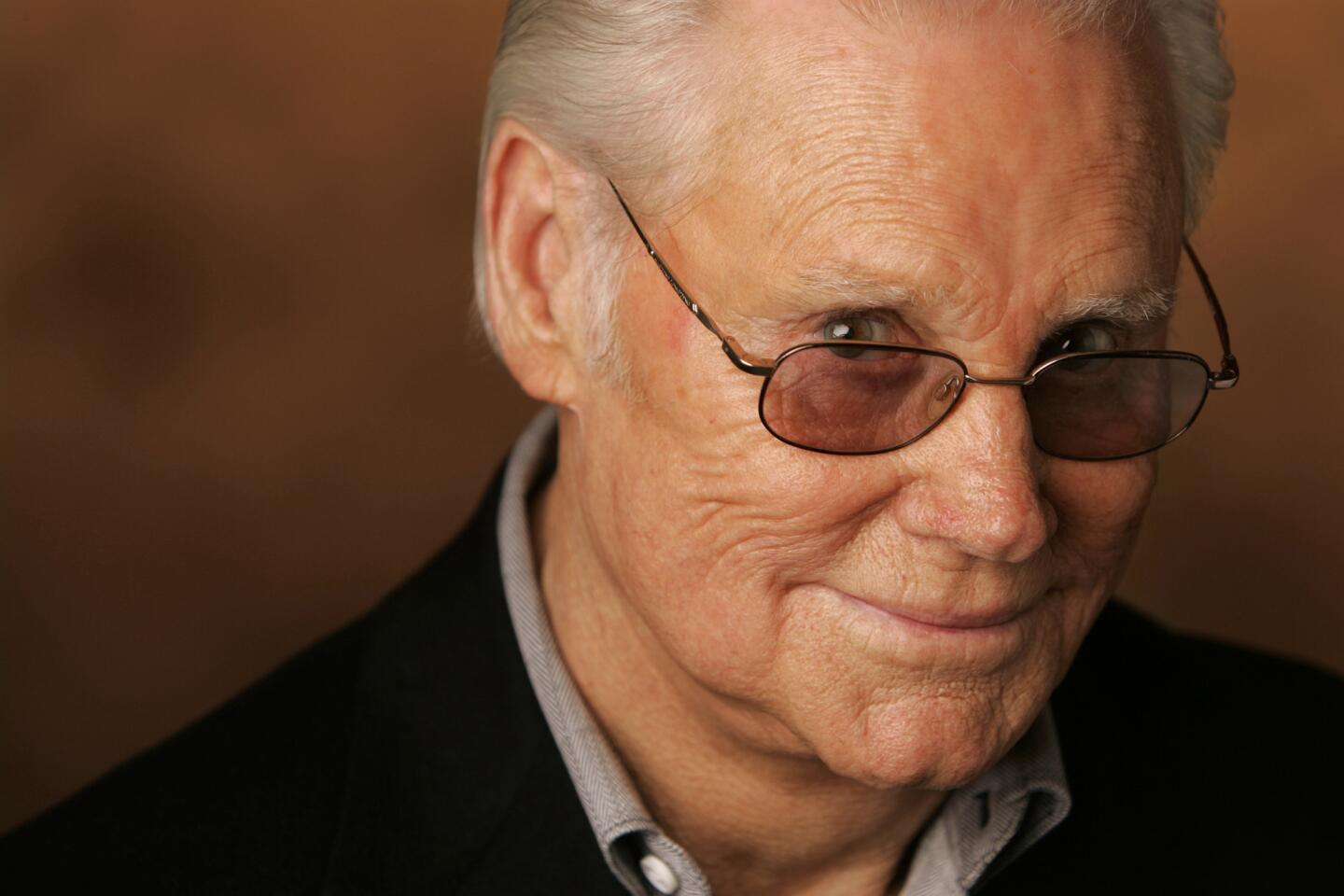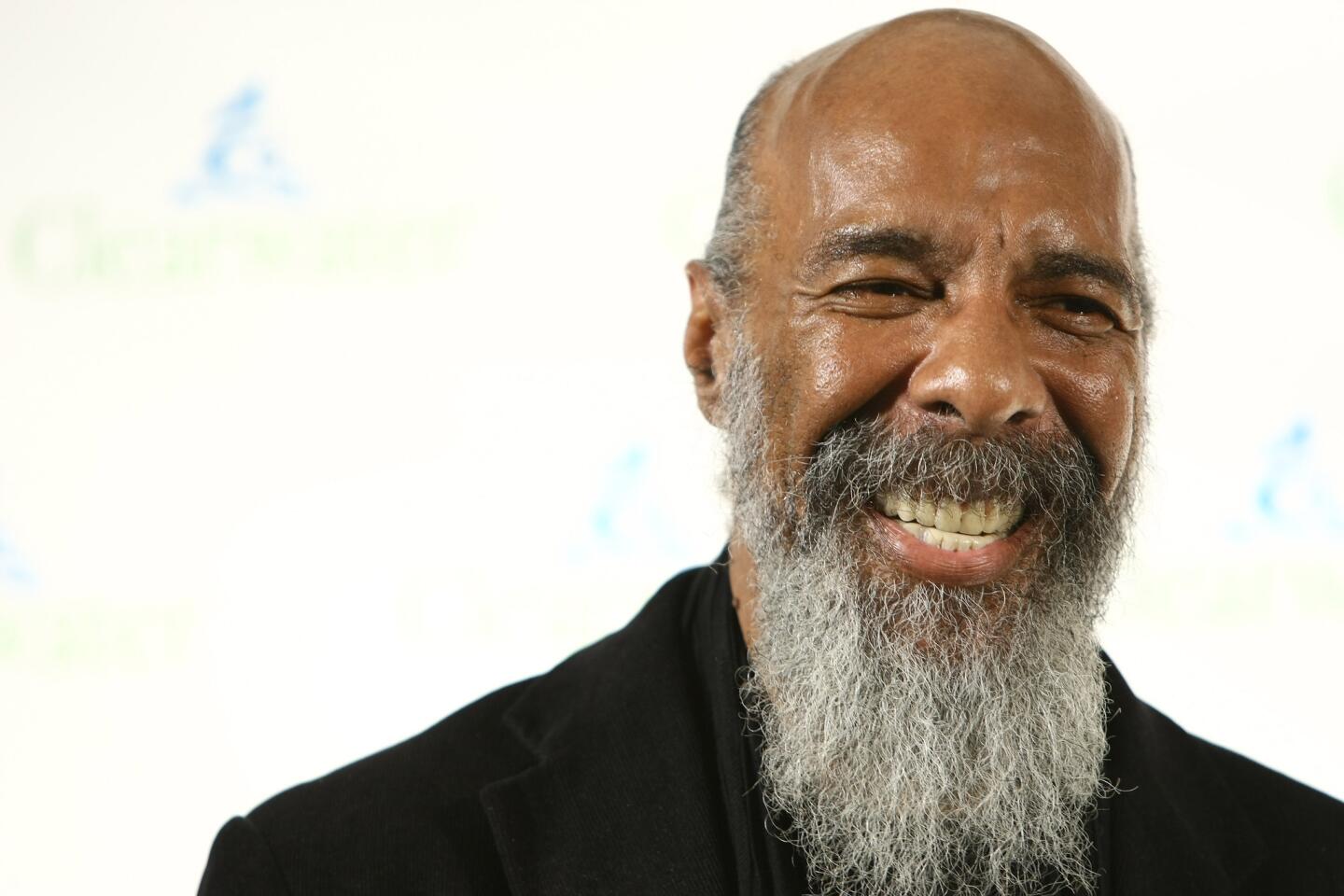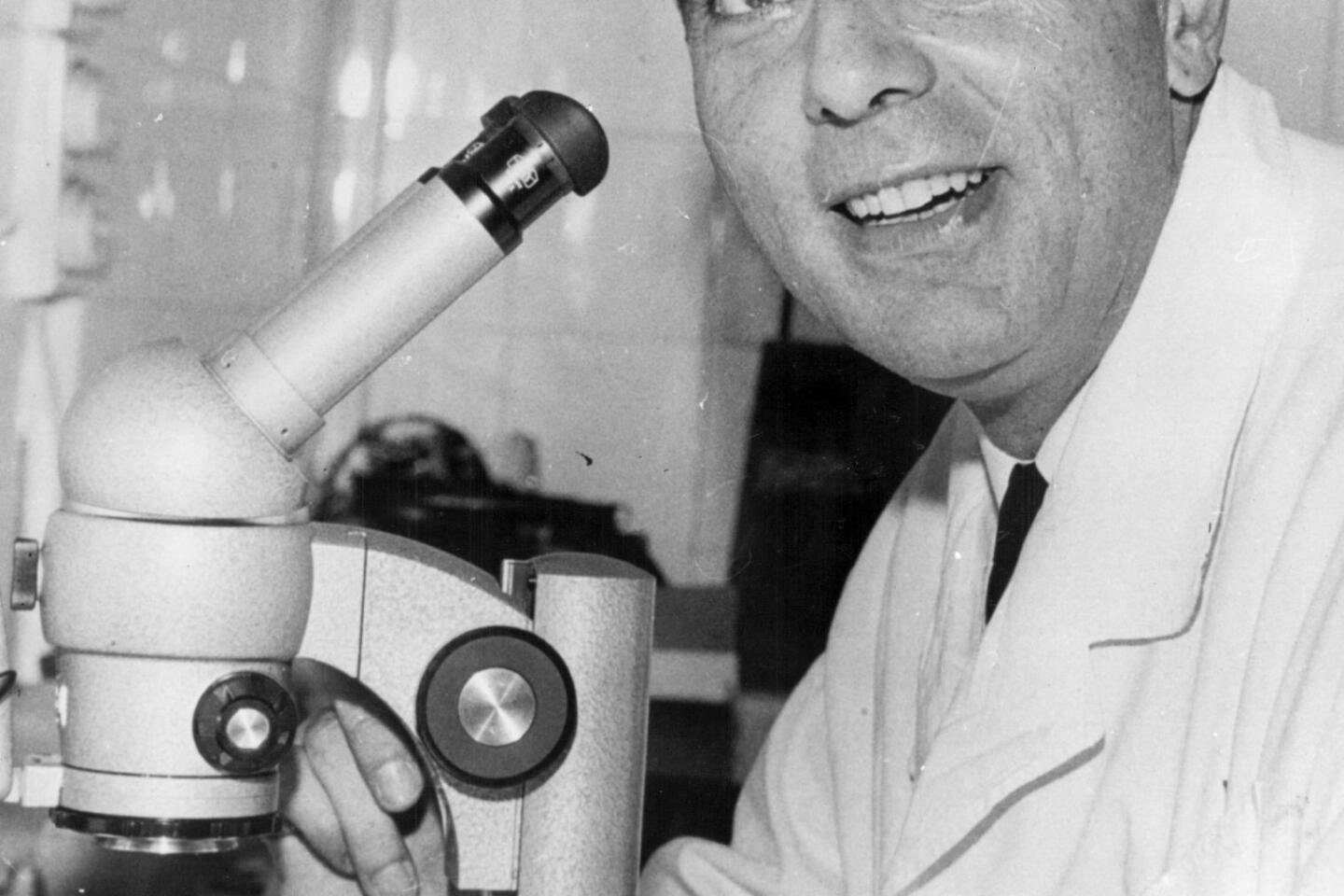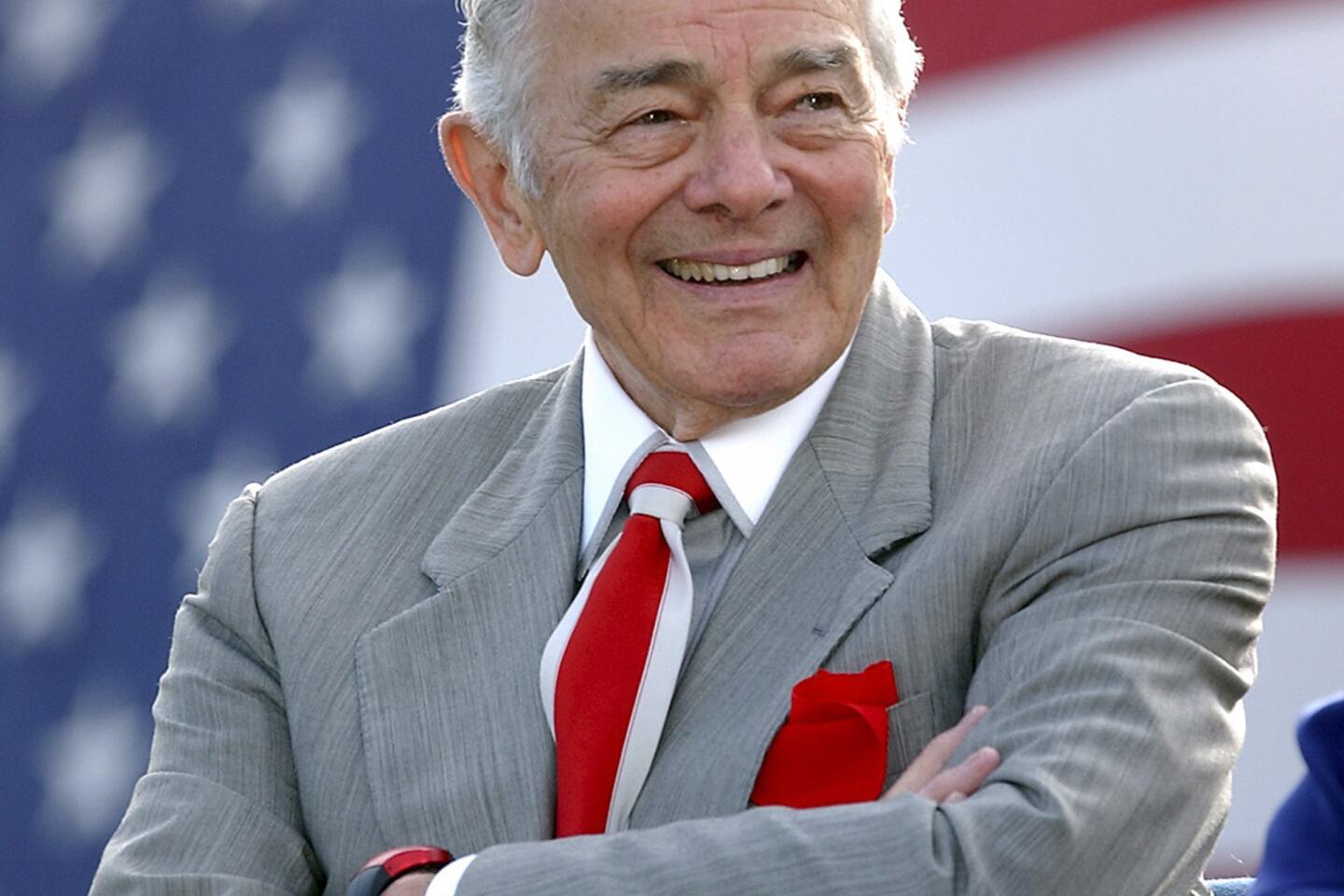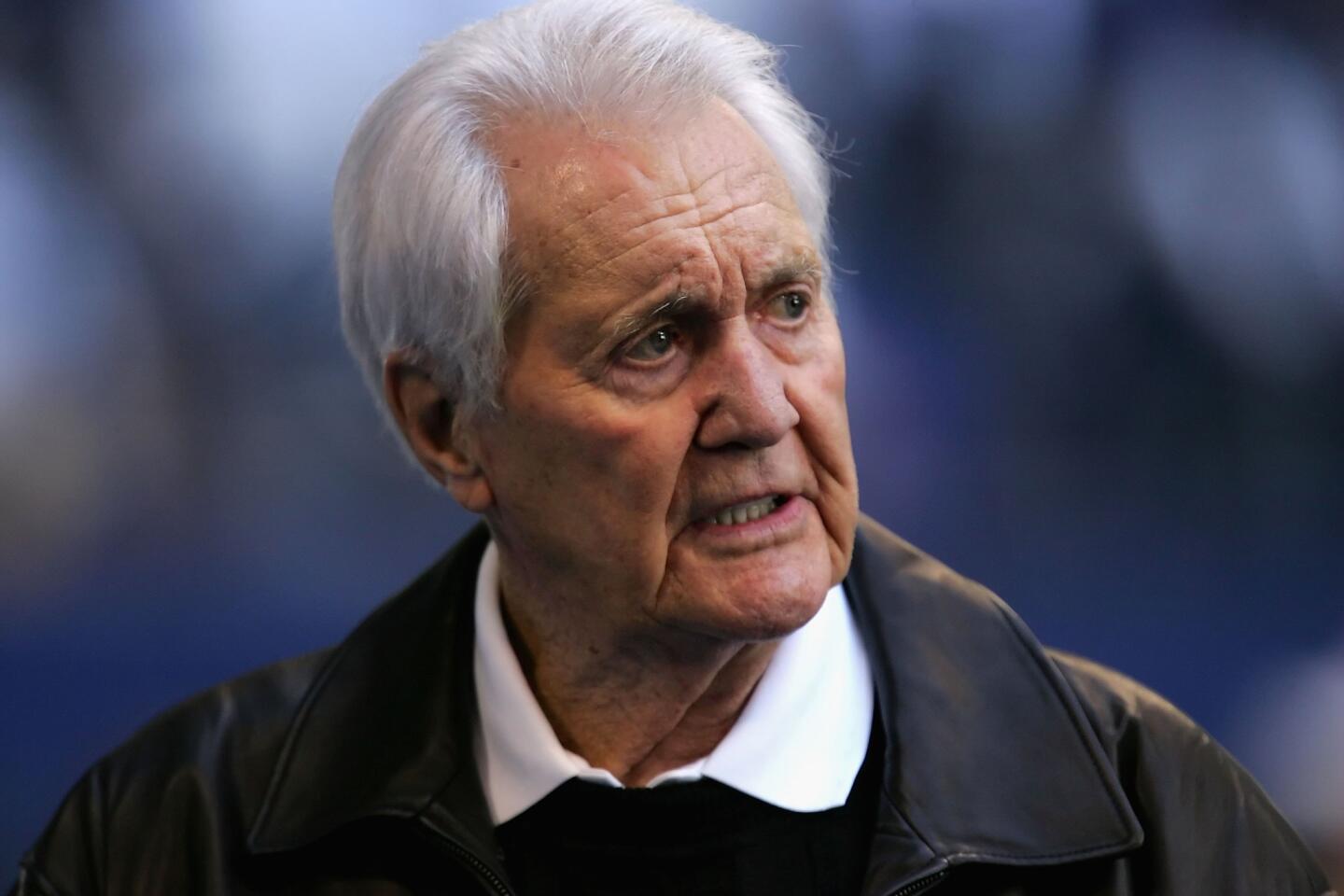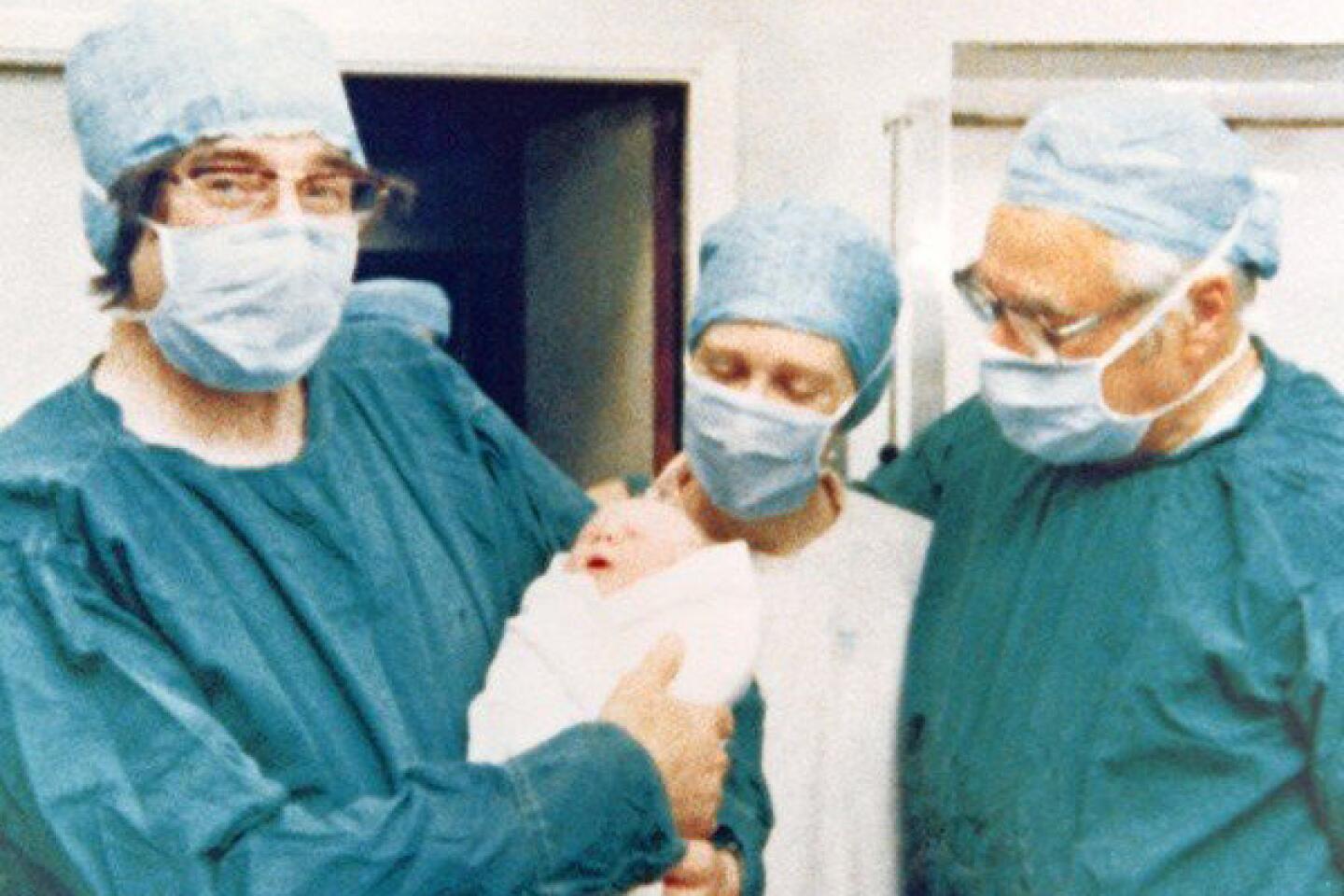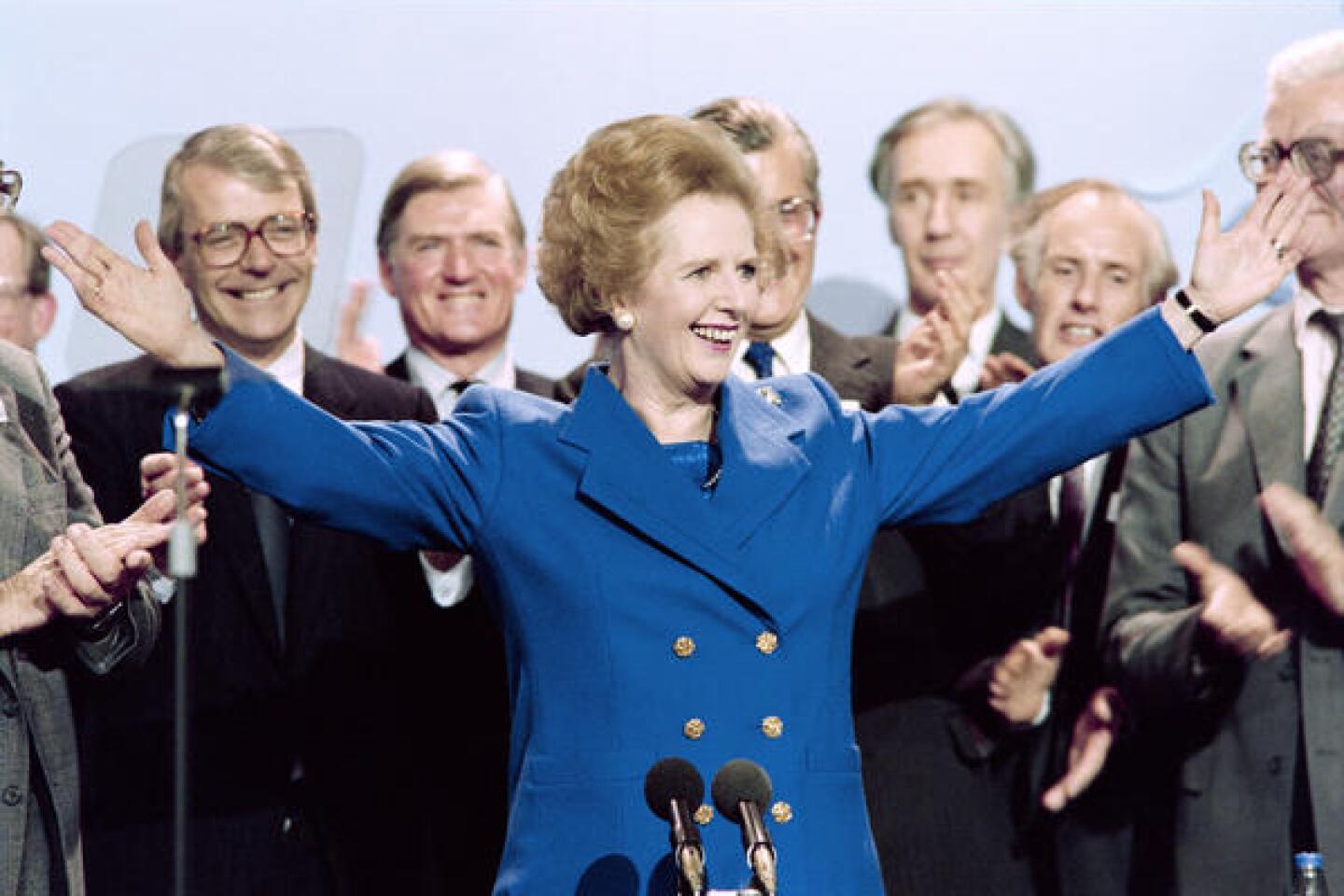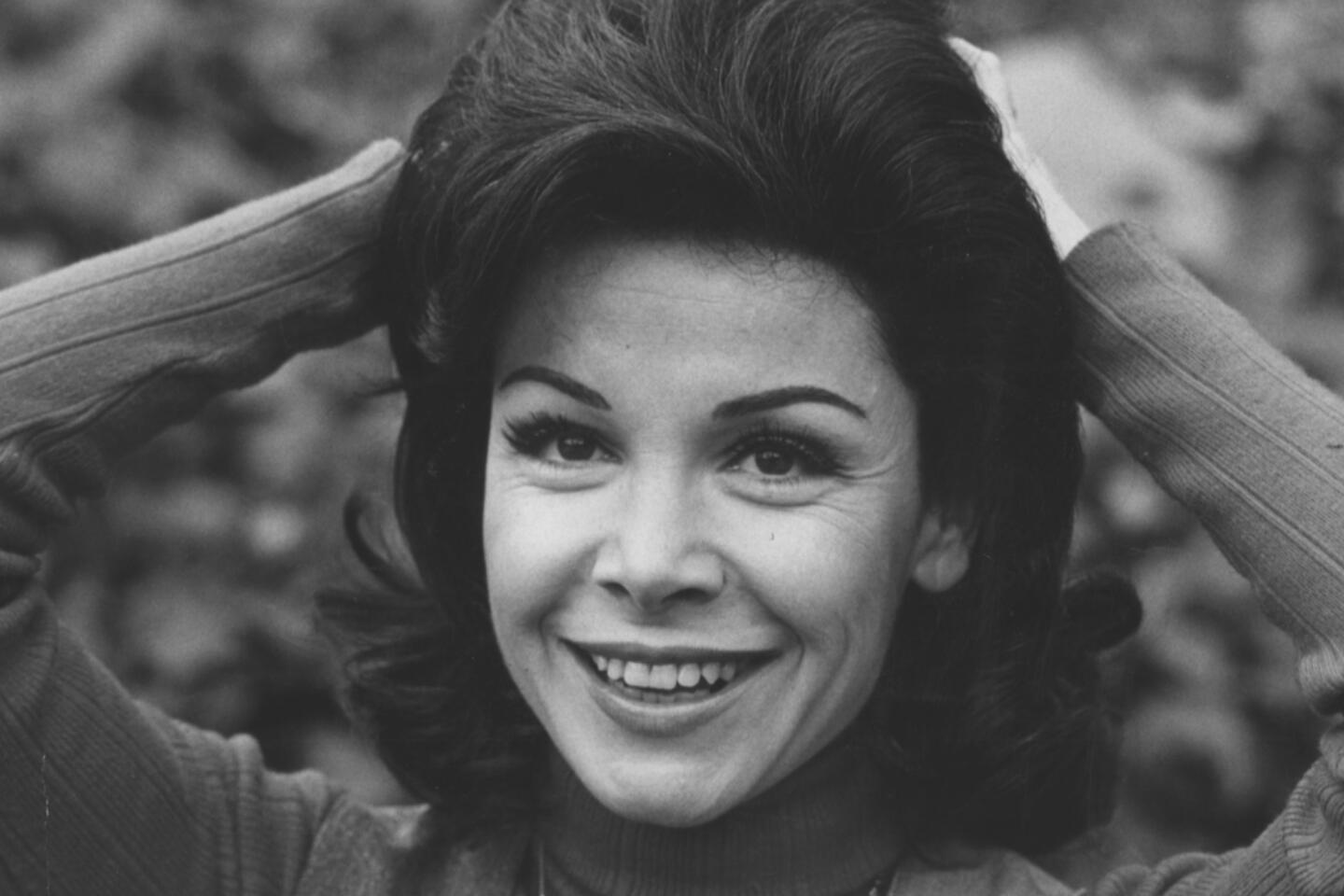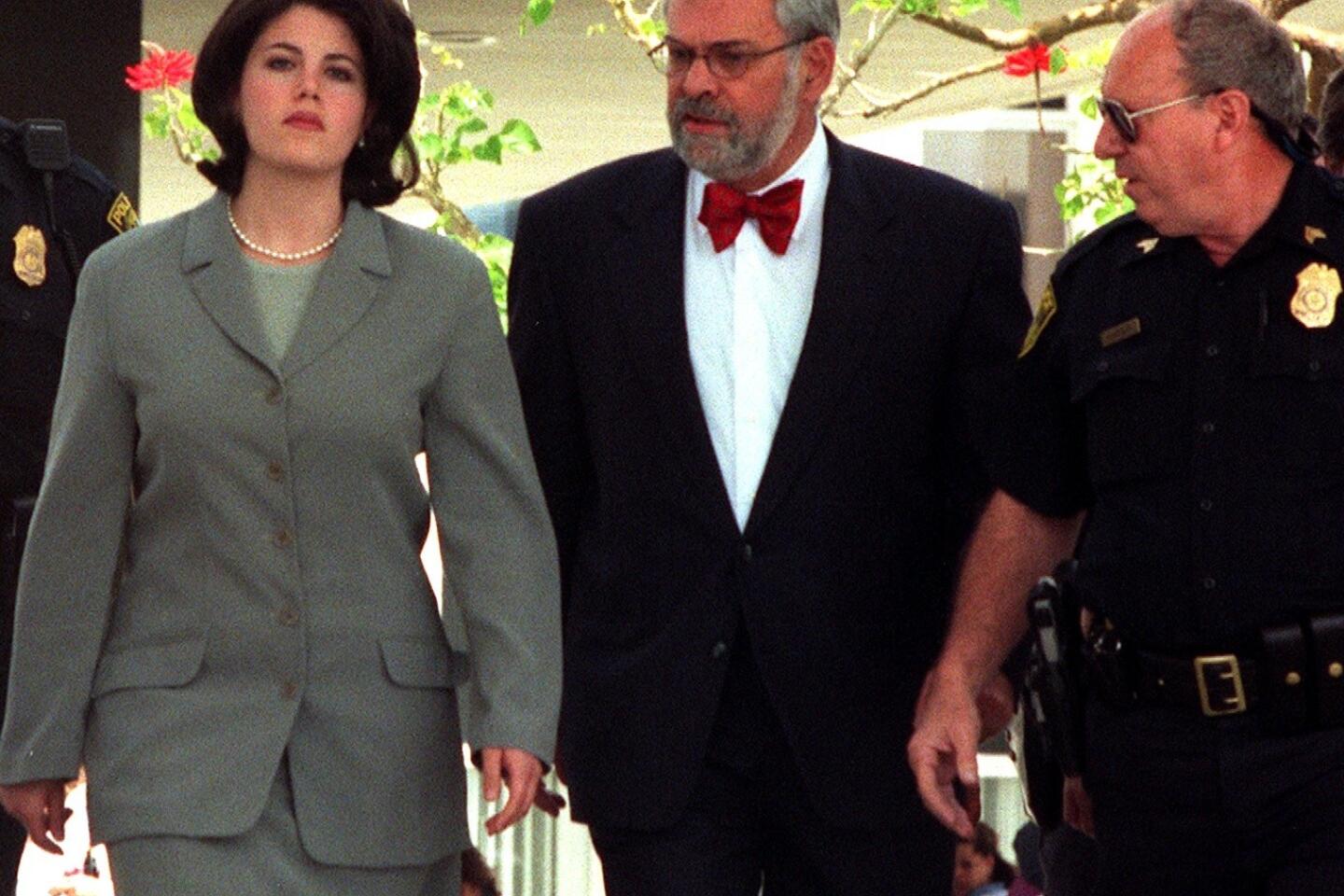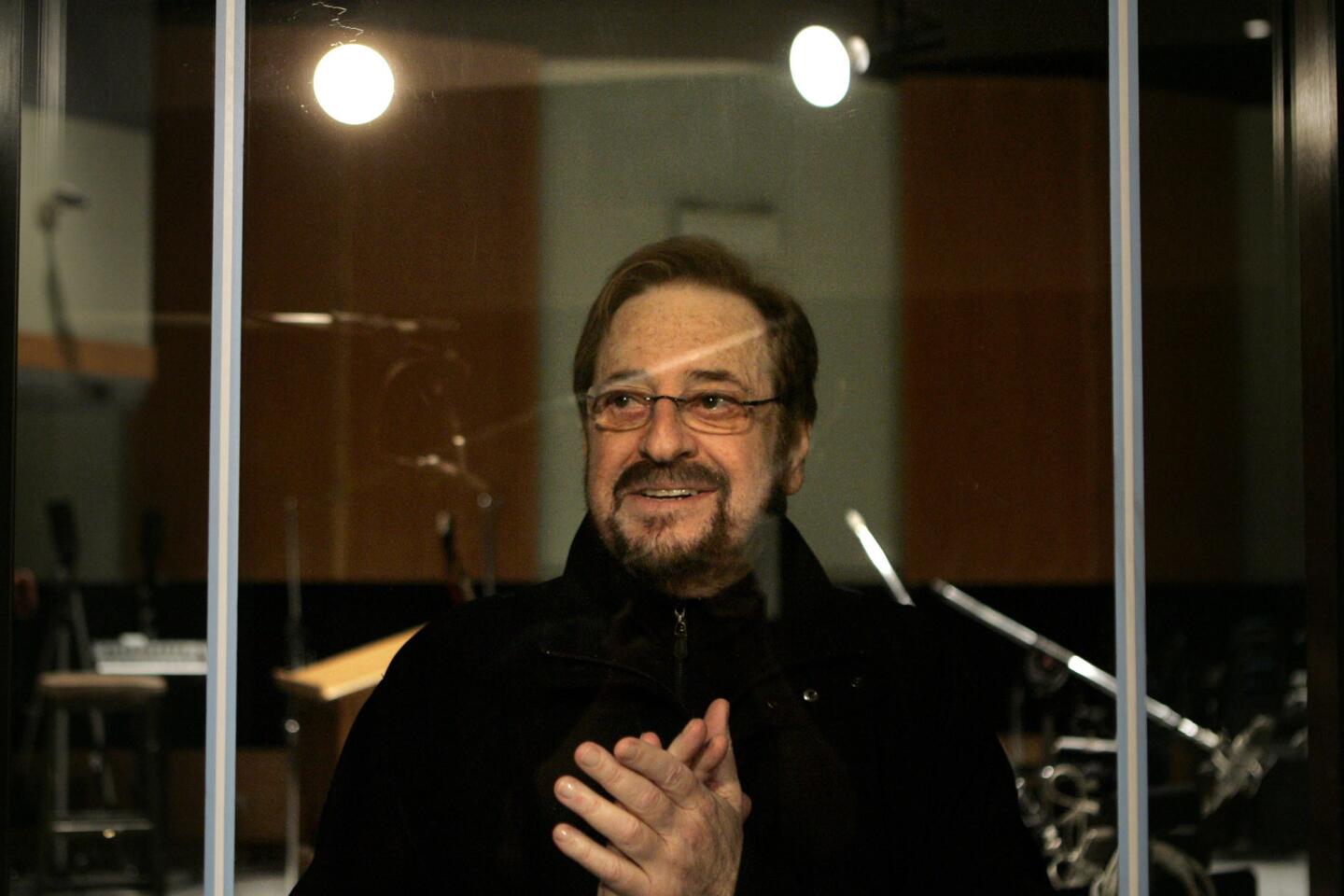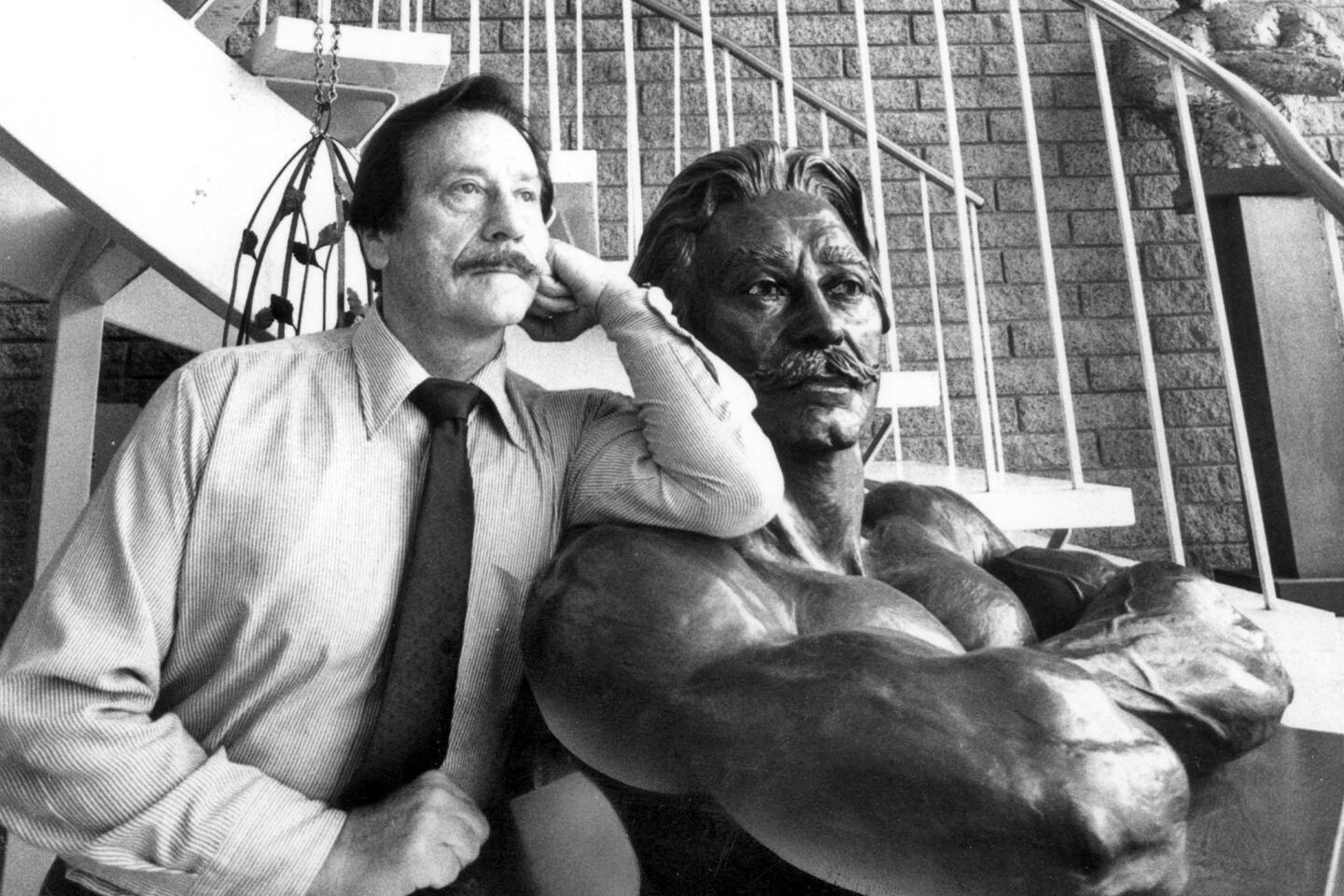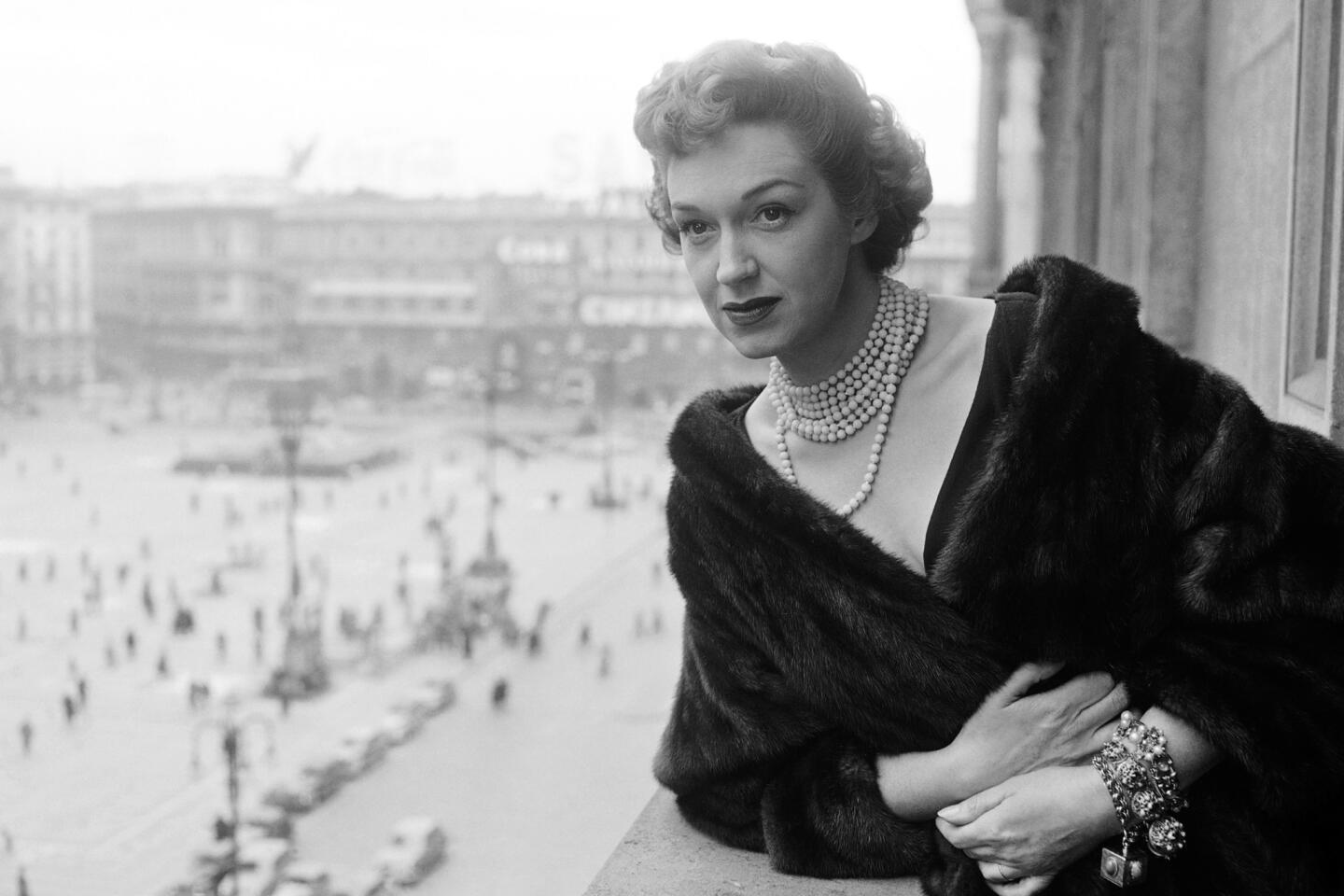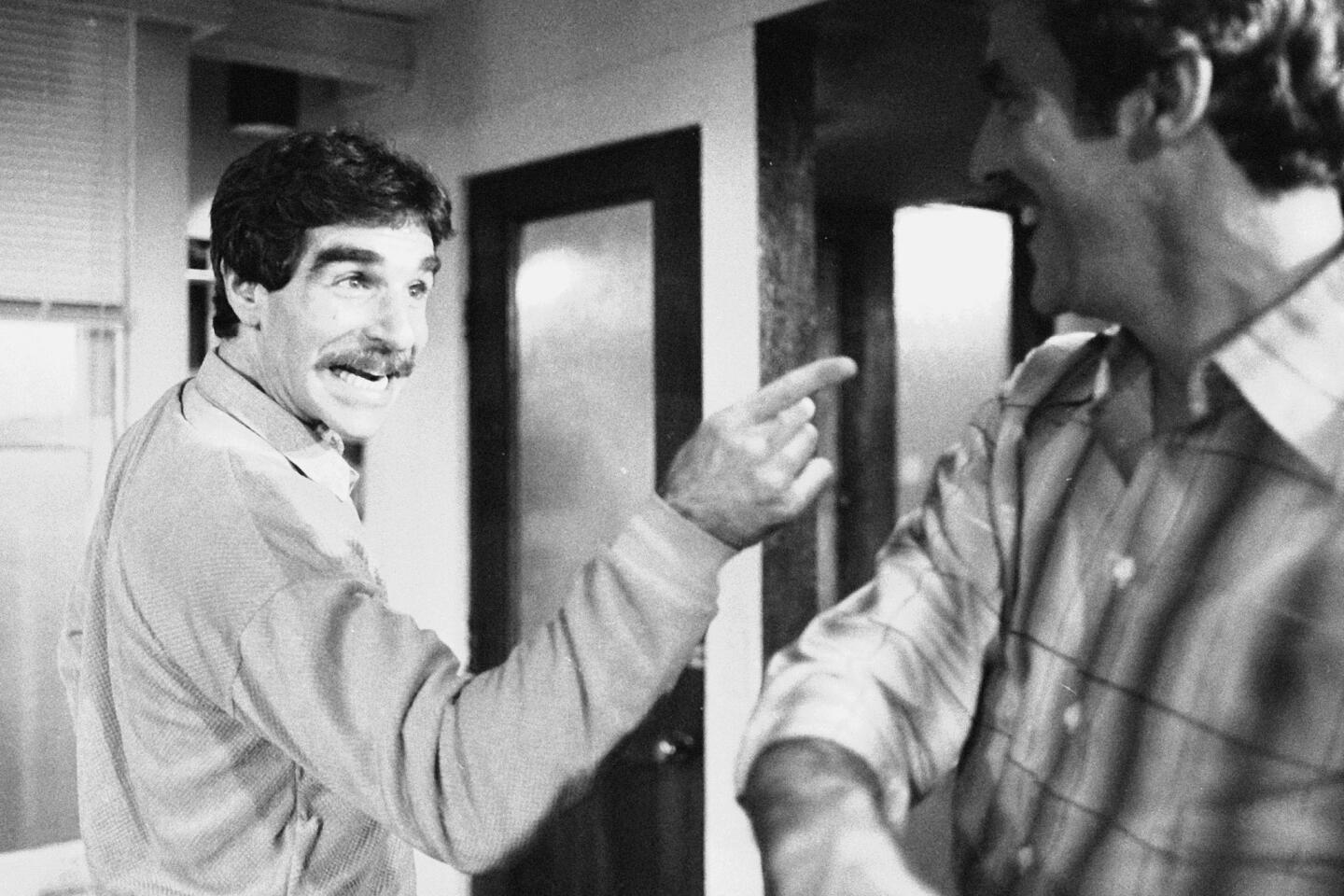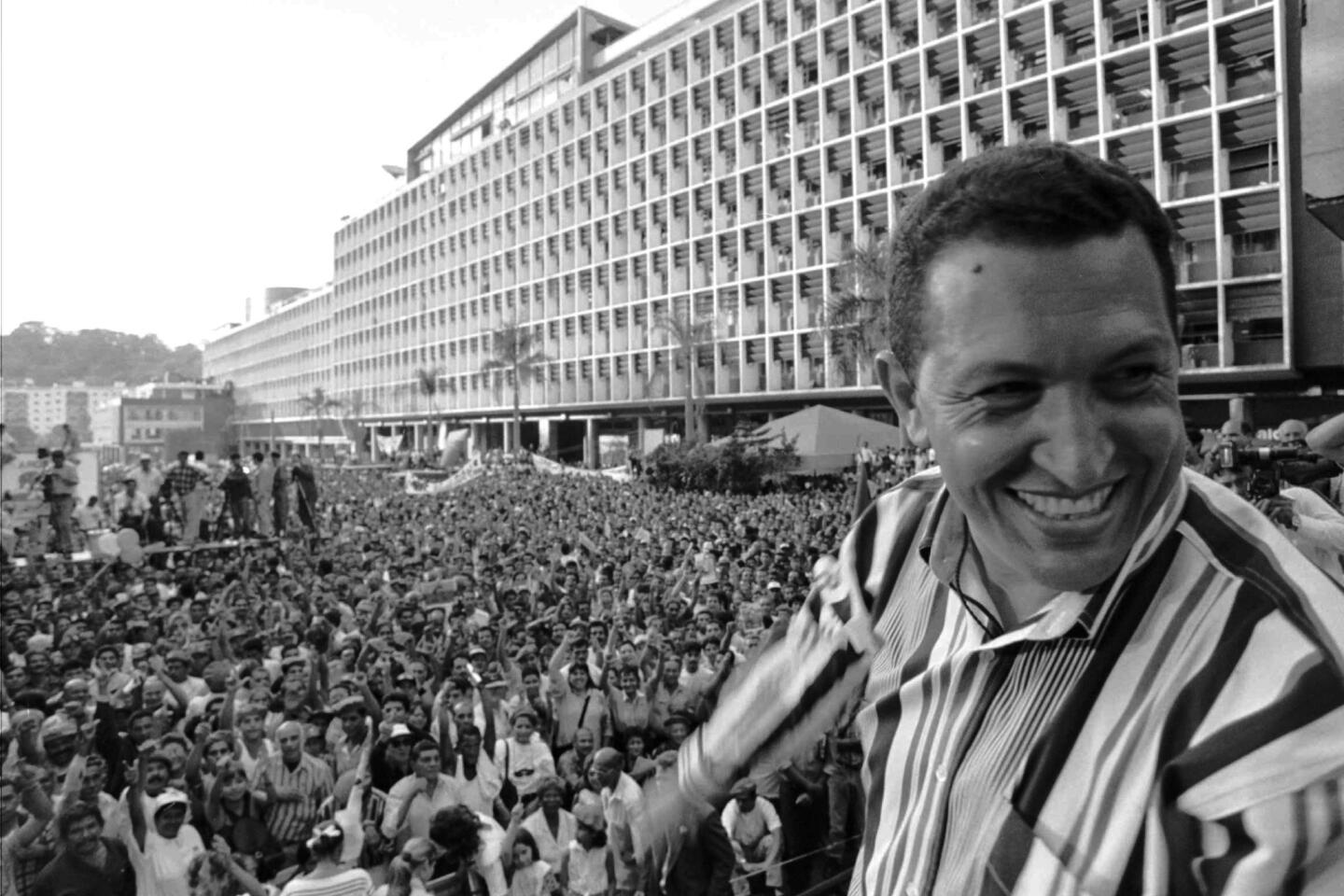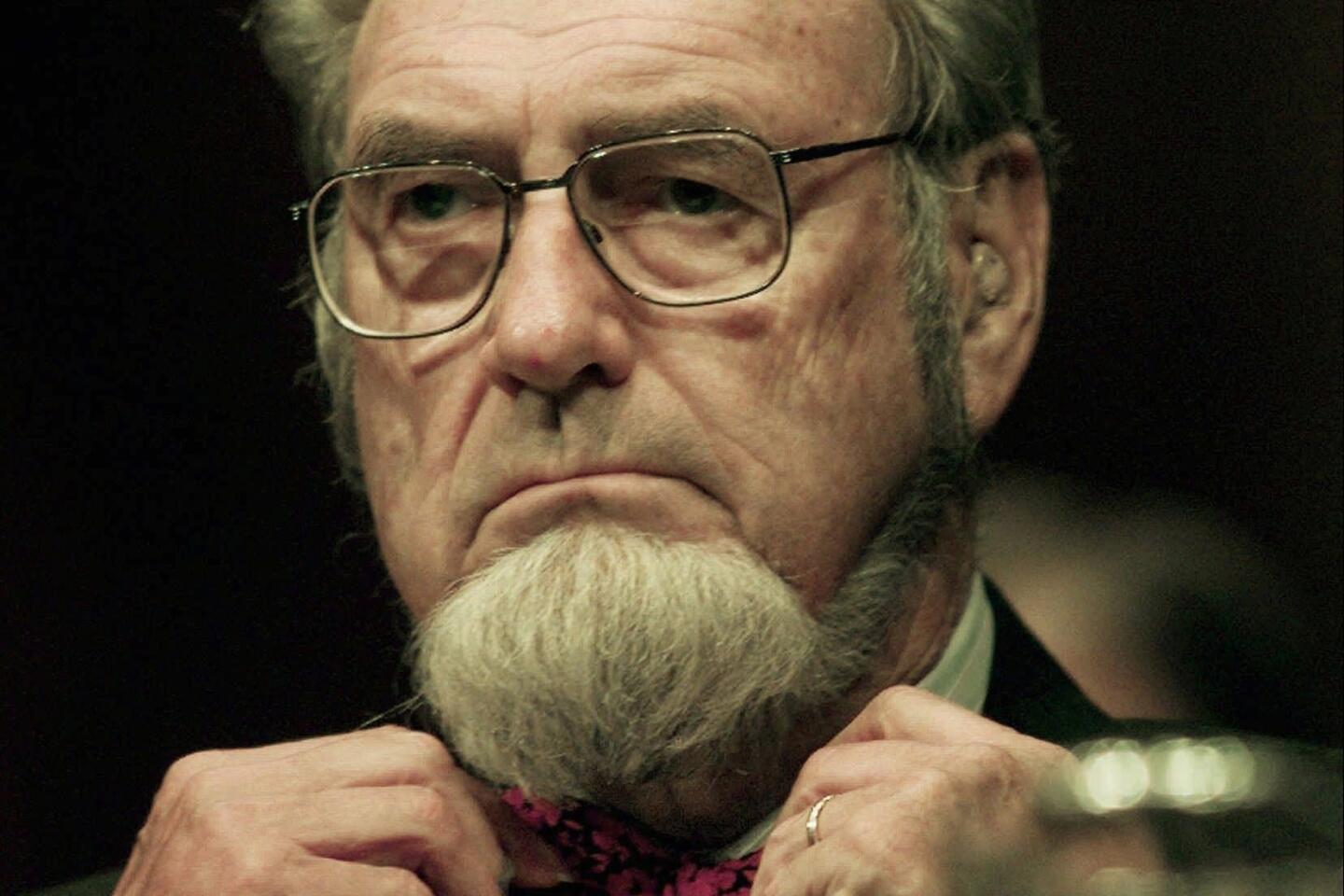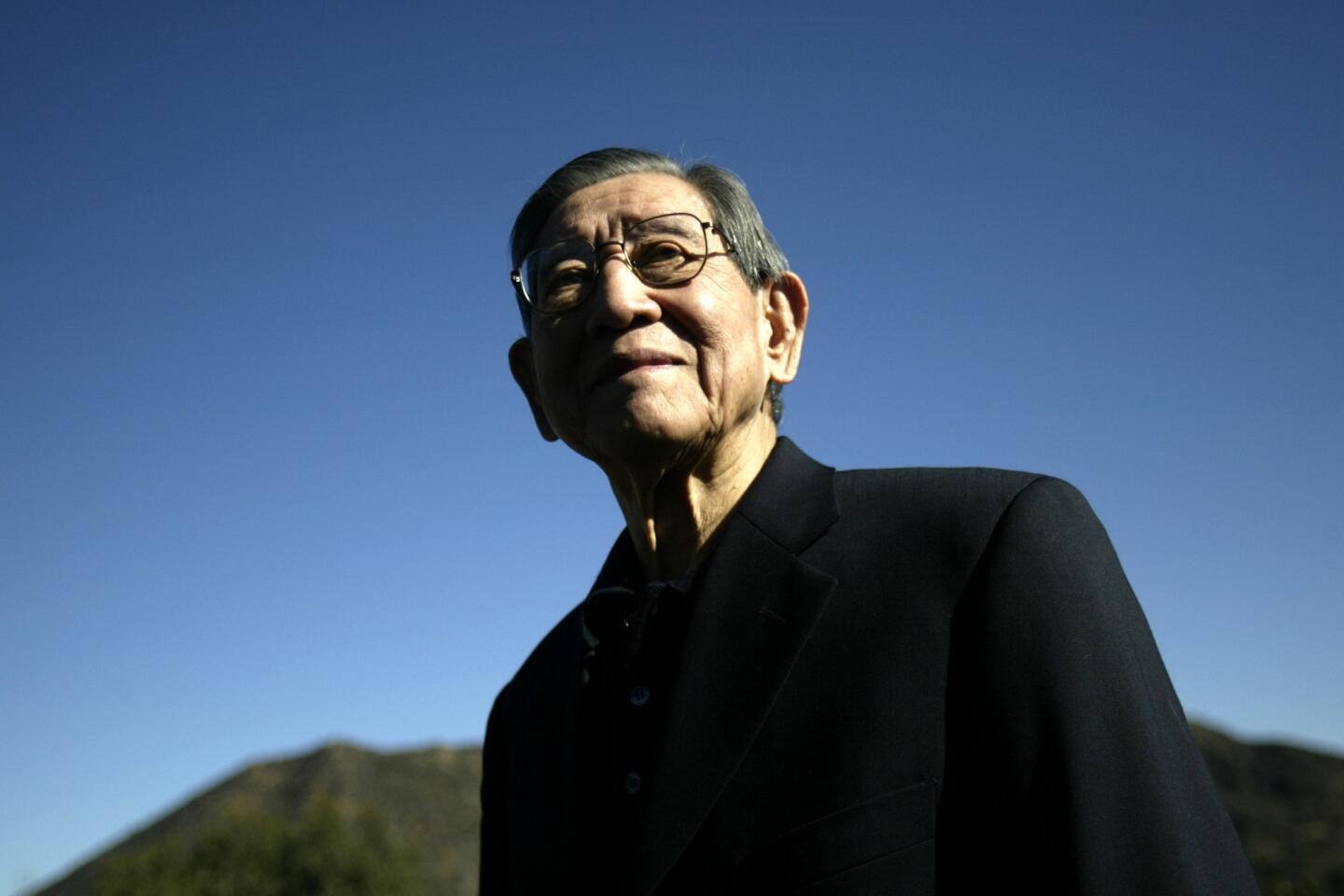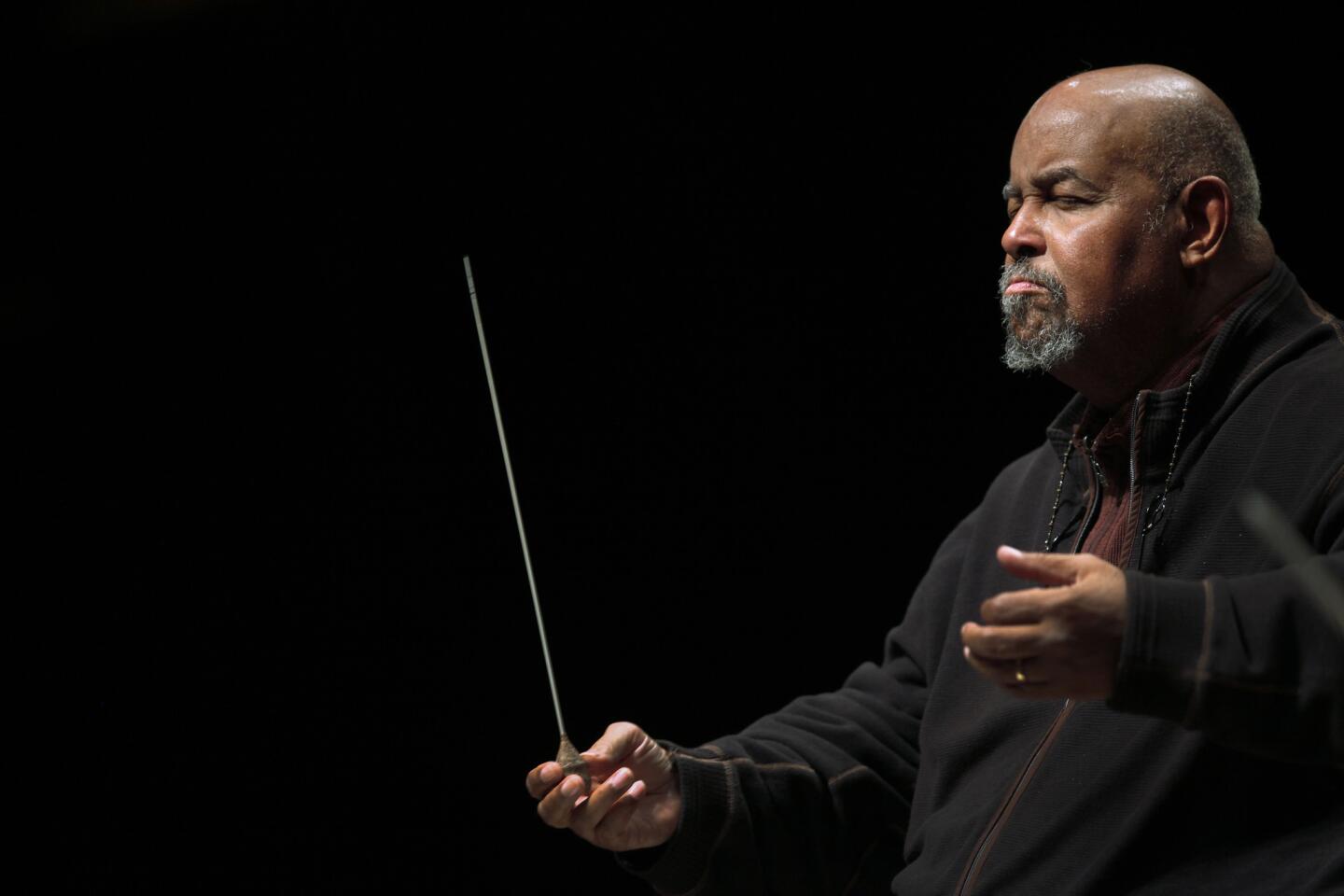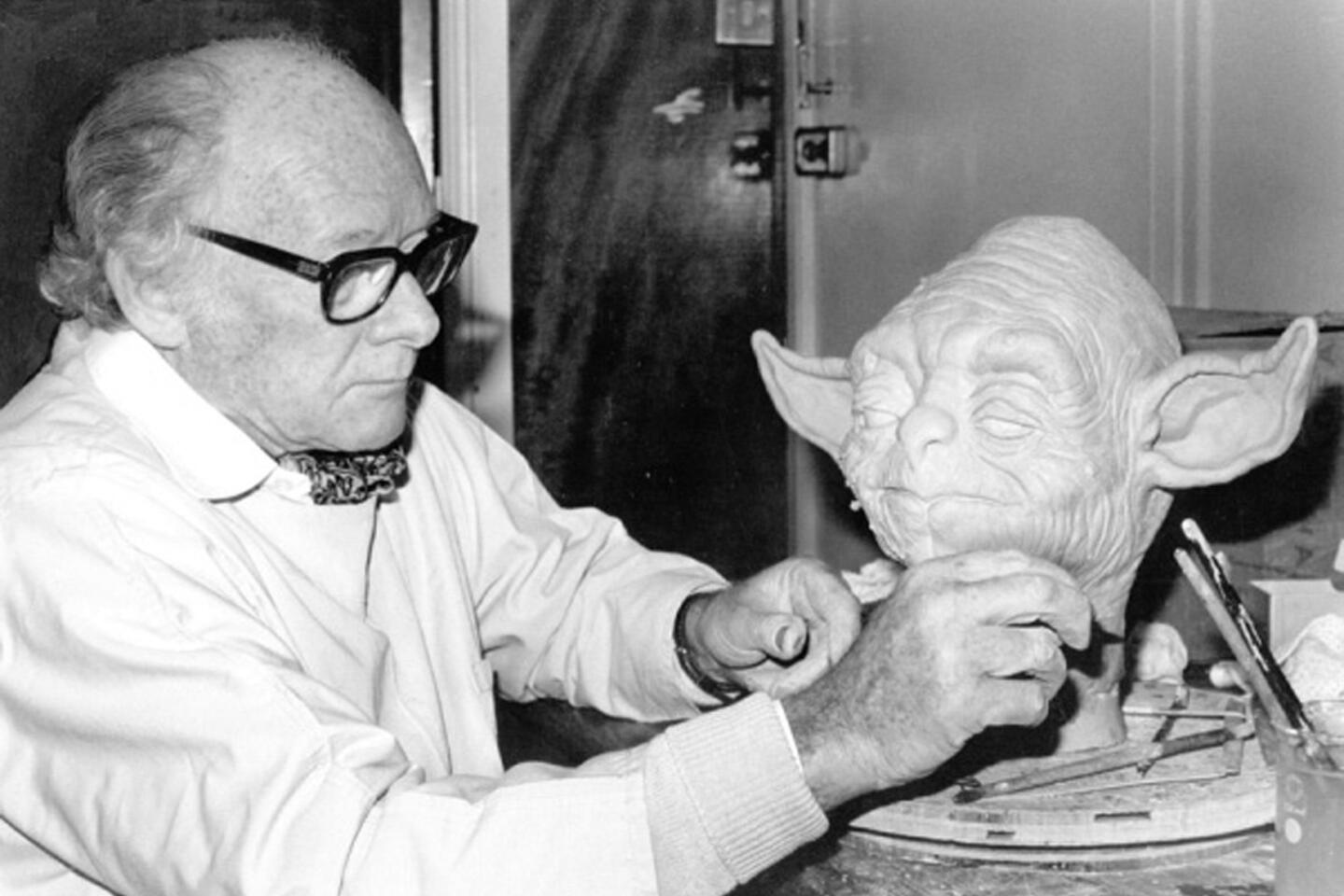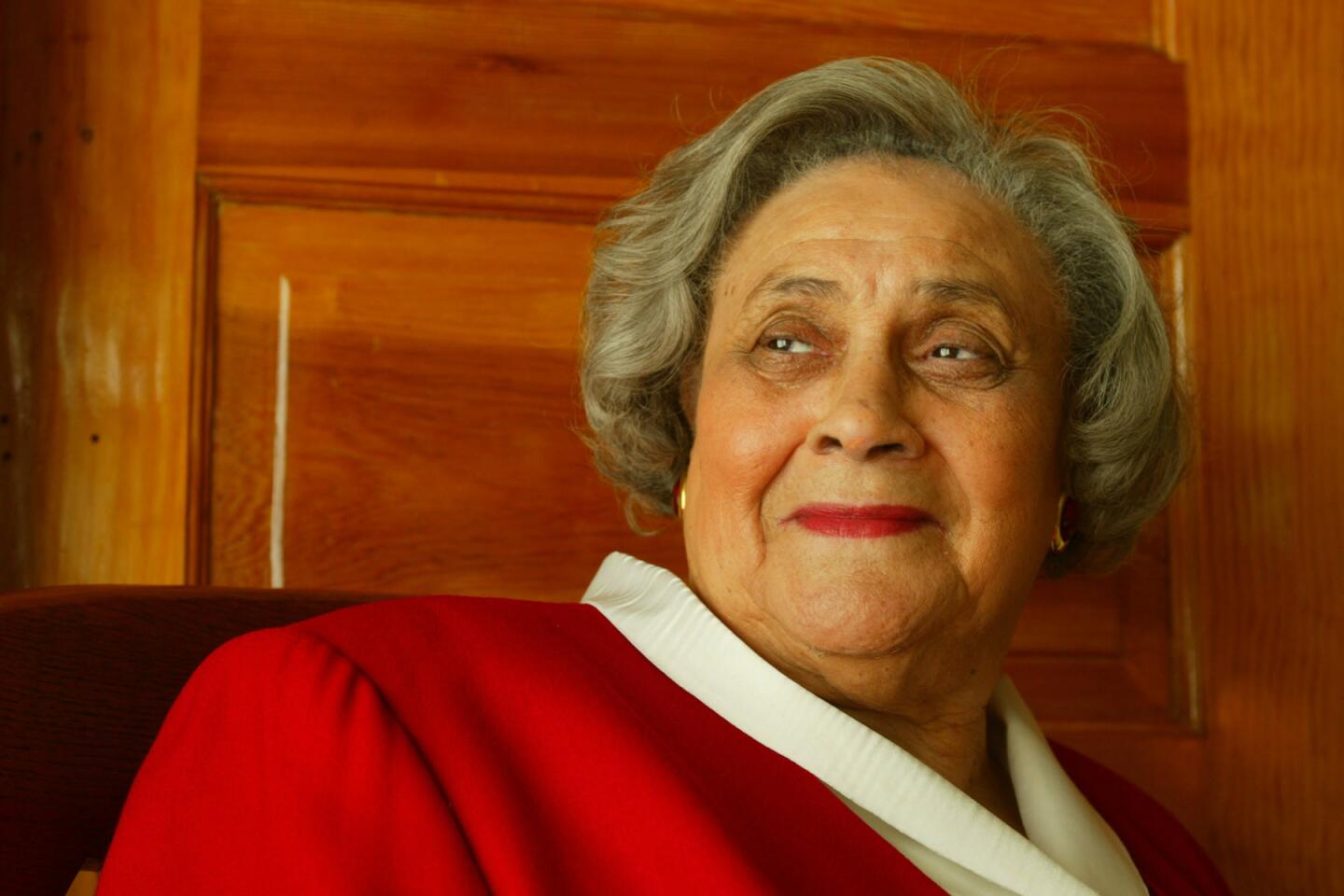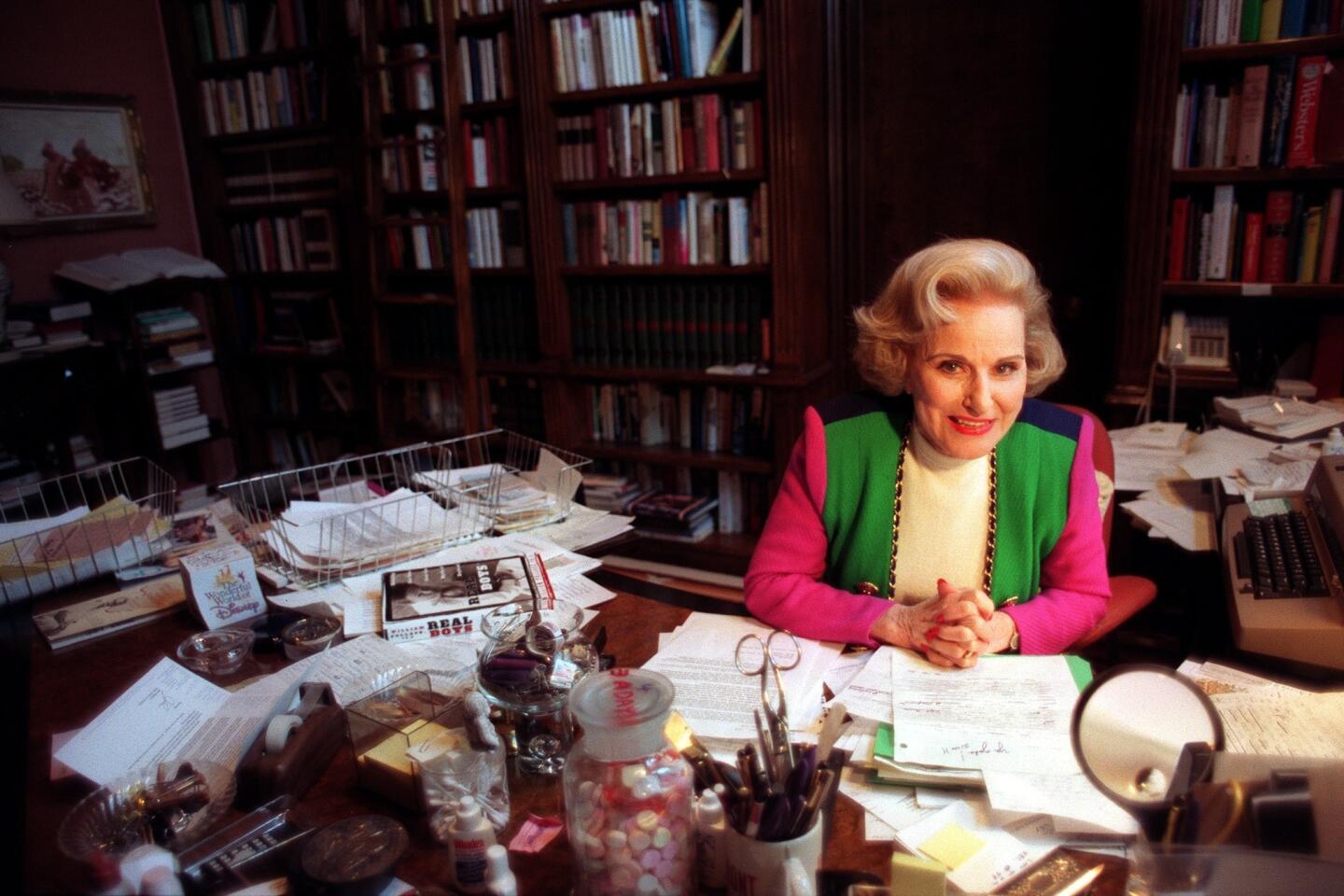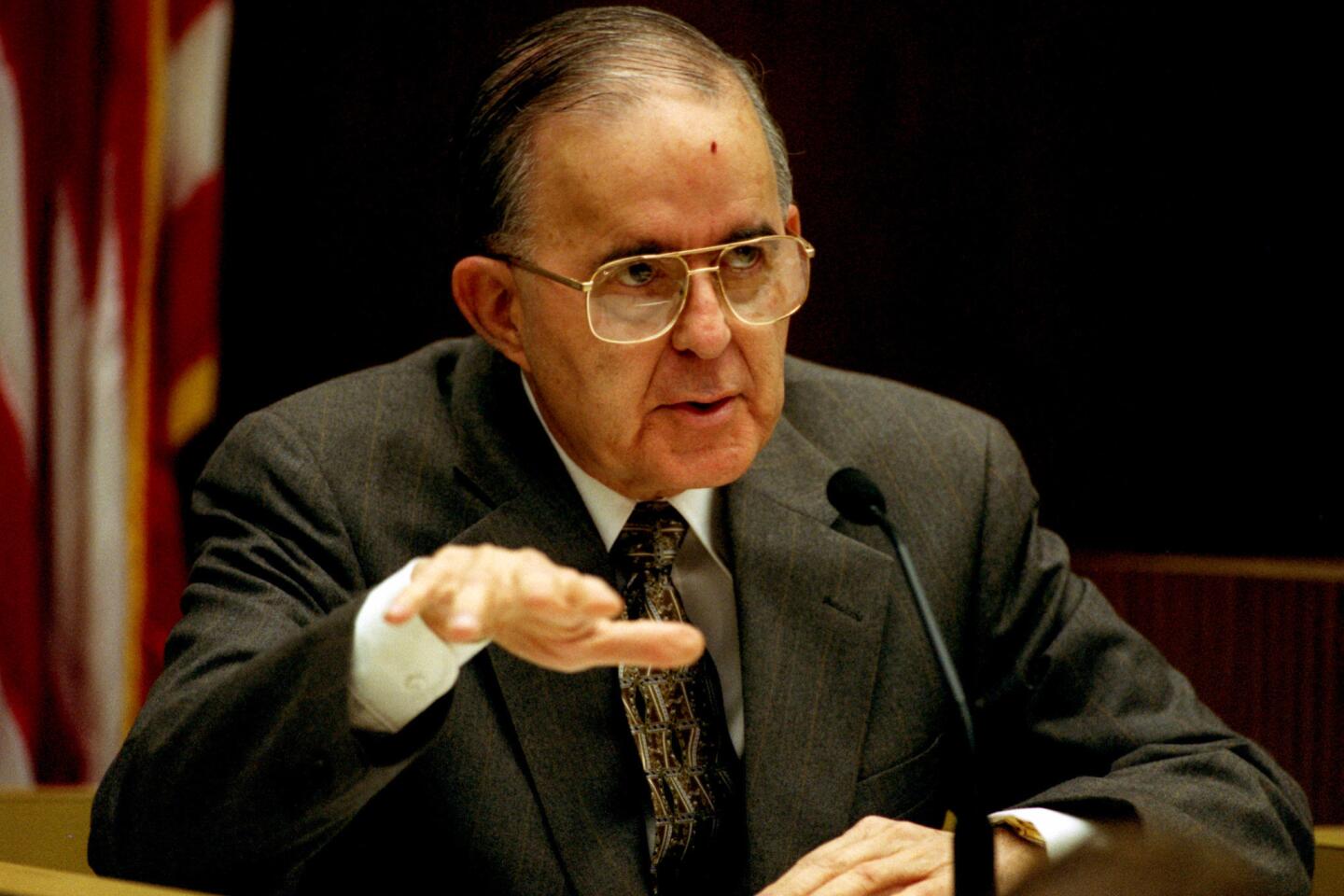Julian Burke dies at 85; former MTA chief
Julian Burke, a corporate turnaround expert who brought a steady hand and political savvy to the Metropolitan Transportation Authority when it was teetering financially and facing federal scrutiny for poor bus service across Los Angeles County, died Saturday at his West Hollywood home. He was 85.
His death was confirmed by Allan Lipsky, who had worked with him as the MTA’s chief operating officer. He had been ill for some time.
Burke was recruited to serve as the agency’s interim chief executive in 1997 by then-mayor of Los Angeles and MTA Chairman Richard Riordan. He was named permanent chief in 1998 and served until 2001.
PHOTOS: Notable deaths of 2013
During his three-year tenure, Burke oversaw the agency’s response to a 32-day transit strike, the longest in the city for two decades. He also solved some of the transit authority’s most vexing problems, including negotiating new labor contracts with unions representing the majority of its employees, and brought its finances under control with layoffs, tighter oversight of construction projects and other budget-balancing measures.
“He brought stability to the MTA by working cooperatively with others to develop a regional transportation system,” Supervisor Michael D. Antonovich, who chairs the MTA board, said in a statement Monday.
At a time when the agency’s credibility in Washington and Sacramento was in shreds, he restored confidence in its ability to complete major transit initiatives, including the extension of the Metro Rail subway from Hollywood to the San Fernando Valley.
His major achievement was that he “restored confidence toward the MTA in Congress and as a result, they voted to give us the money necessary to make improvements to our transportation system.... That was a huge thing,” Riordan said.
Burke was well versed in crisis management when he arrived at the MTA, now called Metro. He was a semi-retired partner at Victor Palmieri and Associates, a Los Angeles company with a track record of successful takeovers of troubled corporate giants. He helped straighten out the Teamsters’ corrupt Central States Pension Fund, helped restore the fiscal health of the Penn Central railroad and contributed to the revival of major insurance companies.
He reassured MTA employees in 1997 that he had been involved in the rescue of organizations that were in “at least as much difficulty and strain, if not more so” than the transit agency.
Born in the Chicago area July 8, 1927, Burke earned a law degree at Georgetown University in 1954 before clerking for U.S. Supreme Court Justice Stanley Reed. He worked at the law firm O’Melveny & Myers and later at Tuttle & Taylor.
By the mid-1970s, he was at Palmieri, where he established a reputation as a goal-oriented manager and adroit problem-solver who could broker compromises between competing interests in complex businesses.
Sorting out tens of millions of dollars’ worth of Teamsters pension fund holdings for the Justice Department was one of his most difficult assignments.
“I sent him to Las Vegas when we were in charge of restructuring the loans on 10 casinos made by the Teamsters union,” Palmieri said Monday. “He did a masterful job in restructuring those loans with a group of casino owners who were, to put it mildly, on the wrong side of the law in most cases.
“He was unusual in the sense that he had such outstanding capabilities as a lawyer and at the same time as a manager,” Palmieri added.
Burke also contributed to Palmieri’s handling of a number of cases for the Resolution Trust Corp. involving the management and liquidation of extensive real estate assets of defunct savings and loan institutions.
In 1997, the MTA was in turmoil, with a deficit of at least $29 million and a vacancy in the chief executive’s office for several months. One chief had been fired and another had resigned.
Riordan asked Burke to assist with a task force on the agency’s finances and soon, Riordan recalled, “he came back to say it was just about in bankruptcy.”
A short time later, Riordan asked him to step in as interim chief. “I got snagged into this job,” Burke told The Times in 2000. “I thought I was here for four to six months.”
As chief executive, he put more buses on the streets, and by the end of his second year, he had closed the agency’s considerable budget gap, Lipsky said.
He also won the respect of labor leaders at the height of the 2000 walkout, which left 450,000 riders stranded. Originally paid $180,000 a year, he had taken a voluntary pay cut in 1998, when the agency was eliminating some jobs.
Burke is survived by his spouse, four children and 10 grandchildren.
Times staff writer Rebecca Trounson contributed to this report.
More to Read
Start your day right
Sign up for Essential California for the L.A. Times biggest news, features and recommendations in your inbox six days a week.
You may occasionally receive promotional content from the Los Angeles Times.
